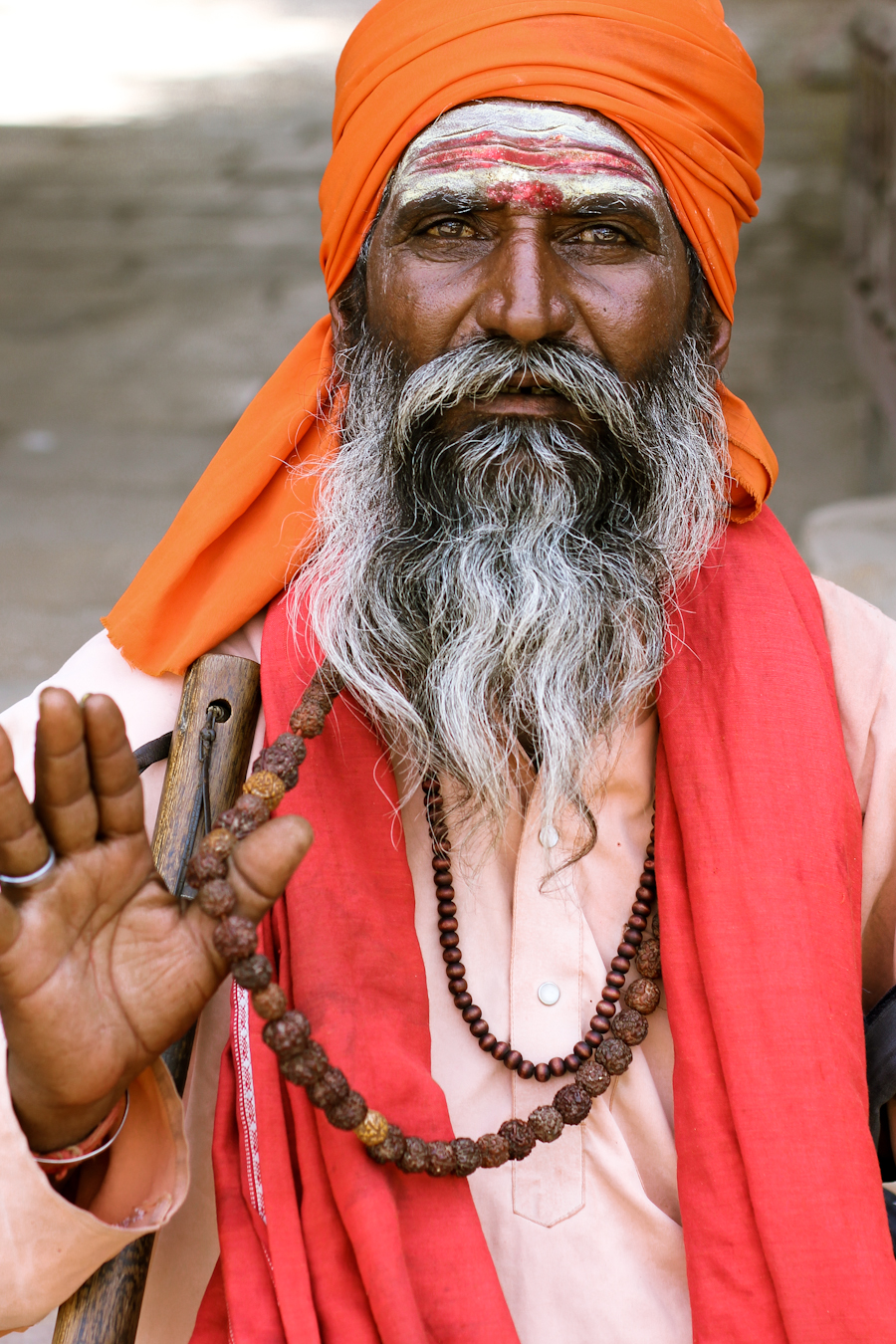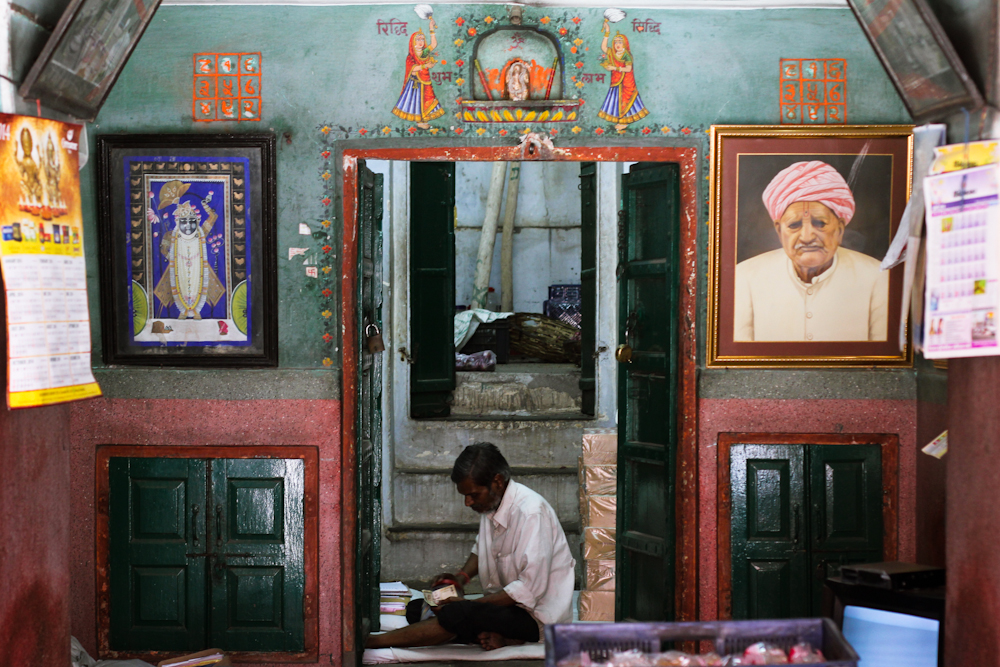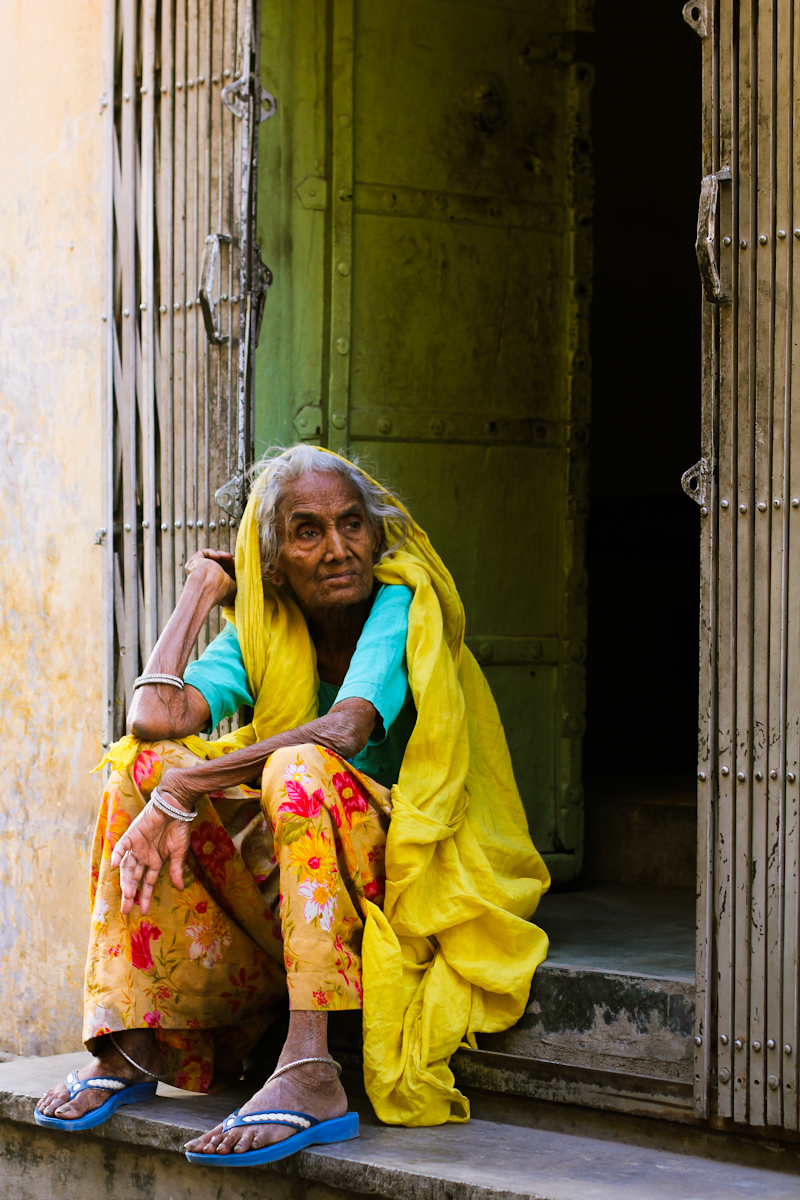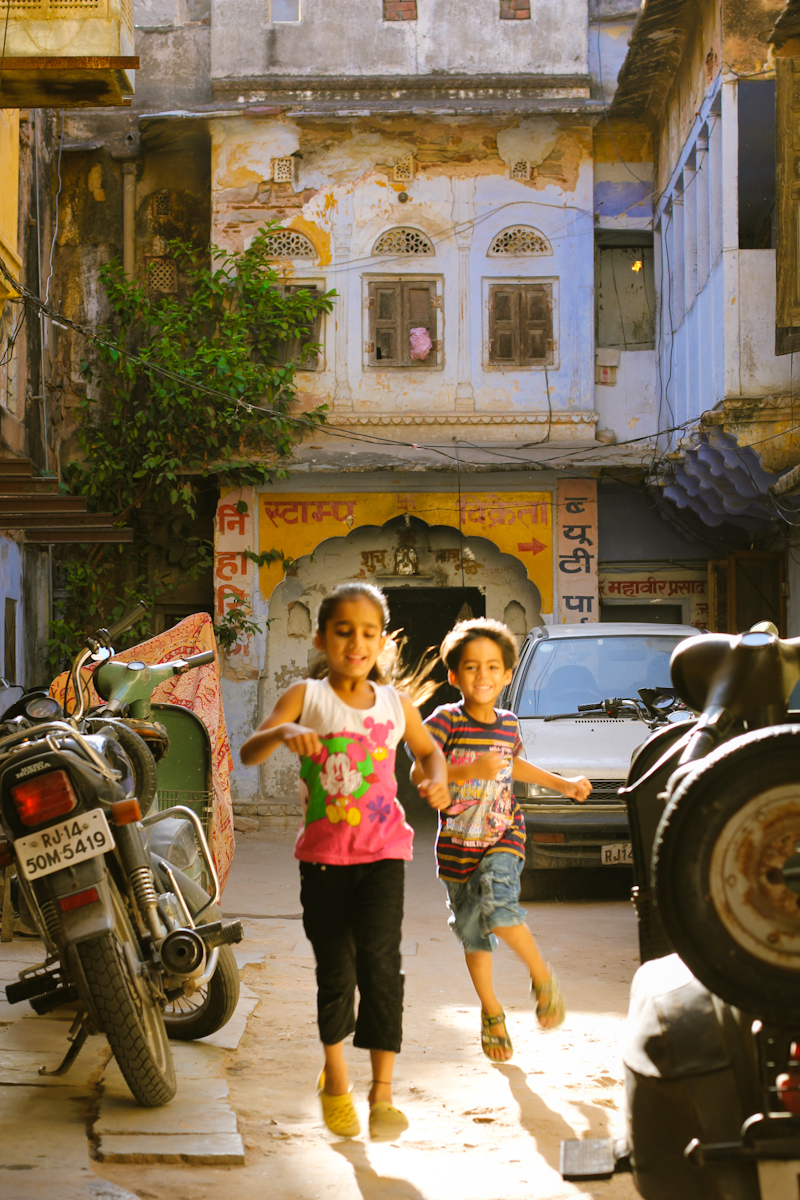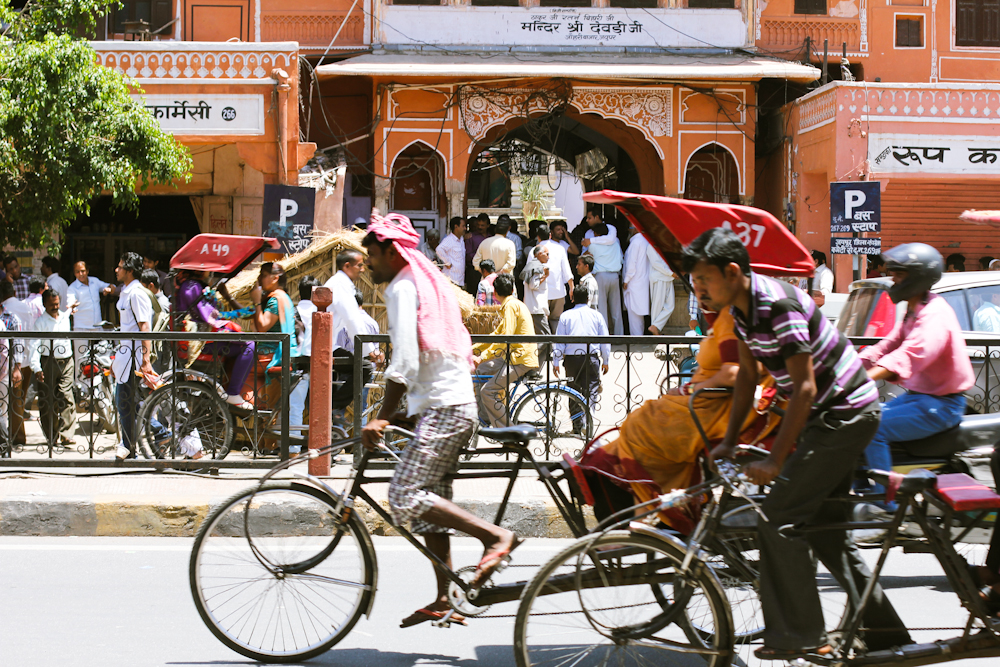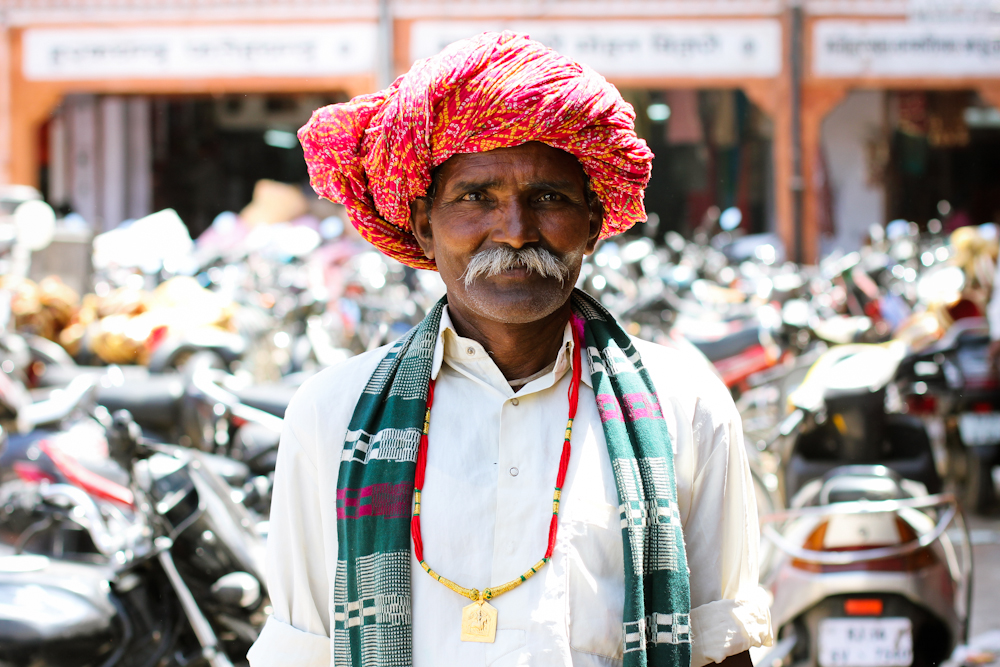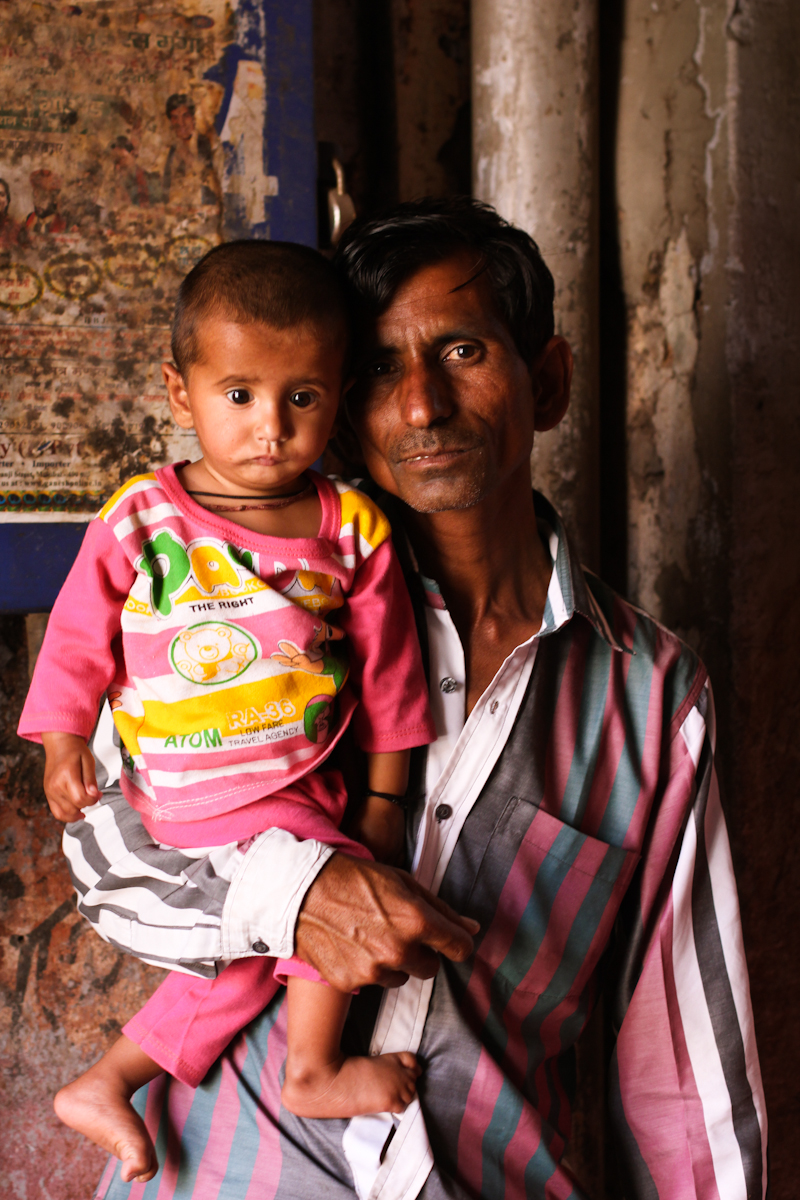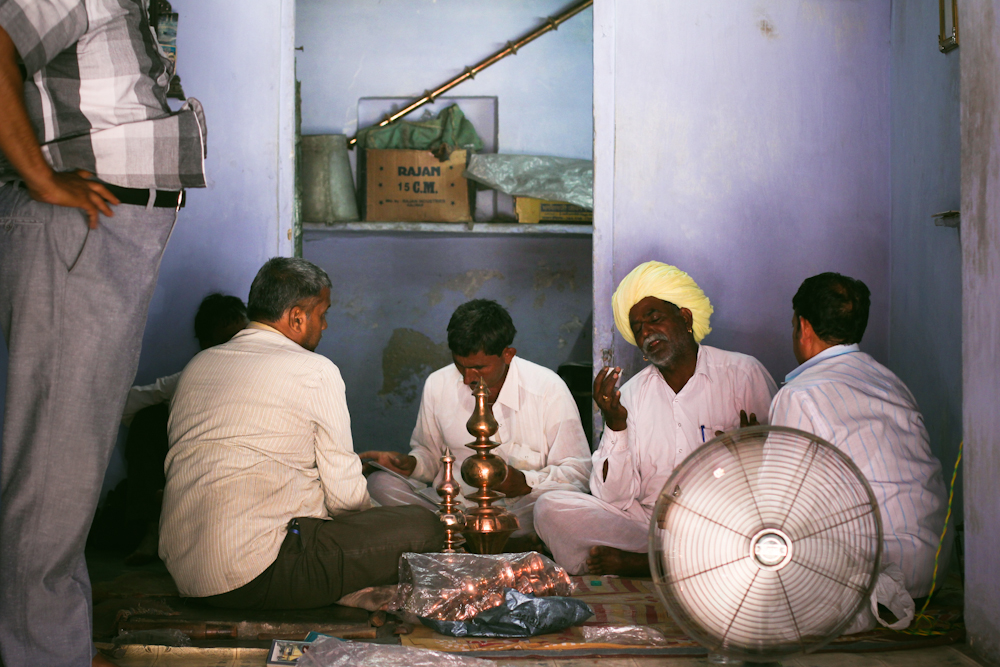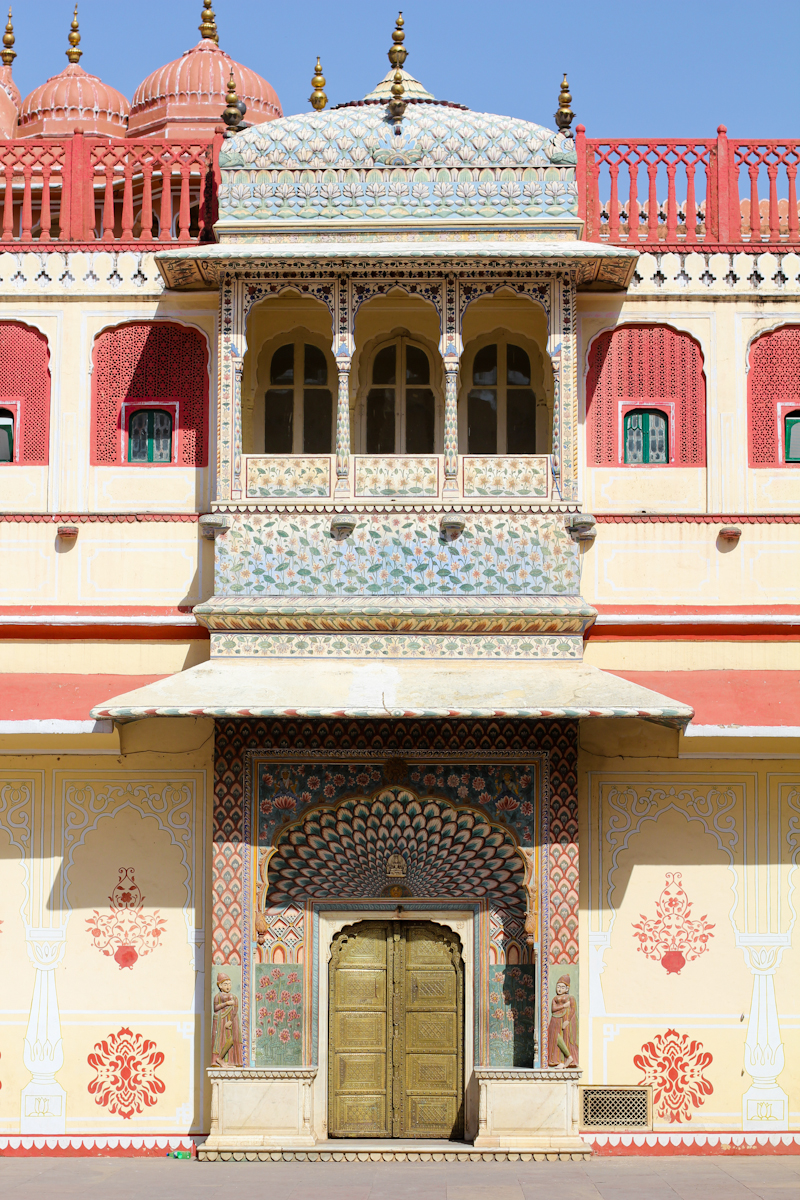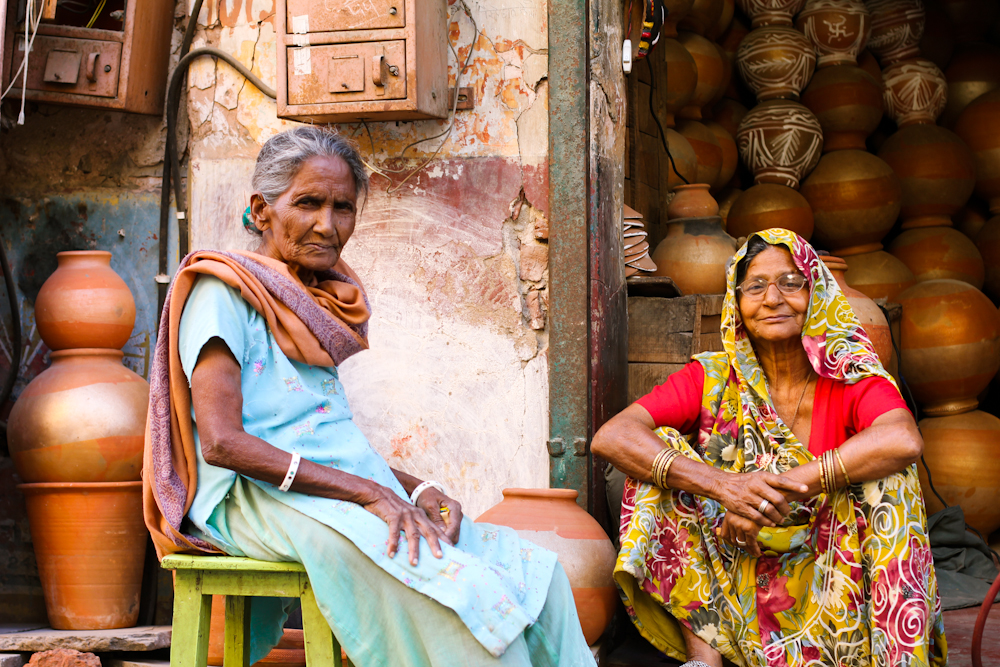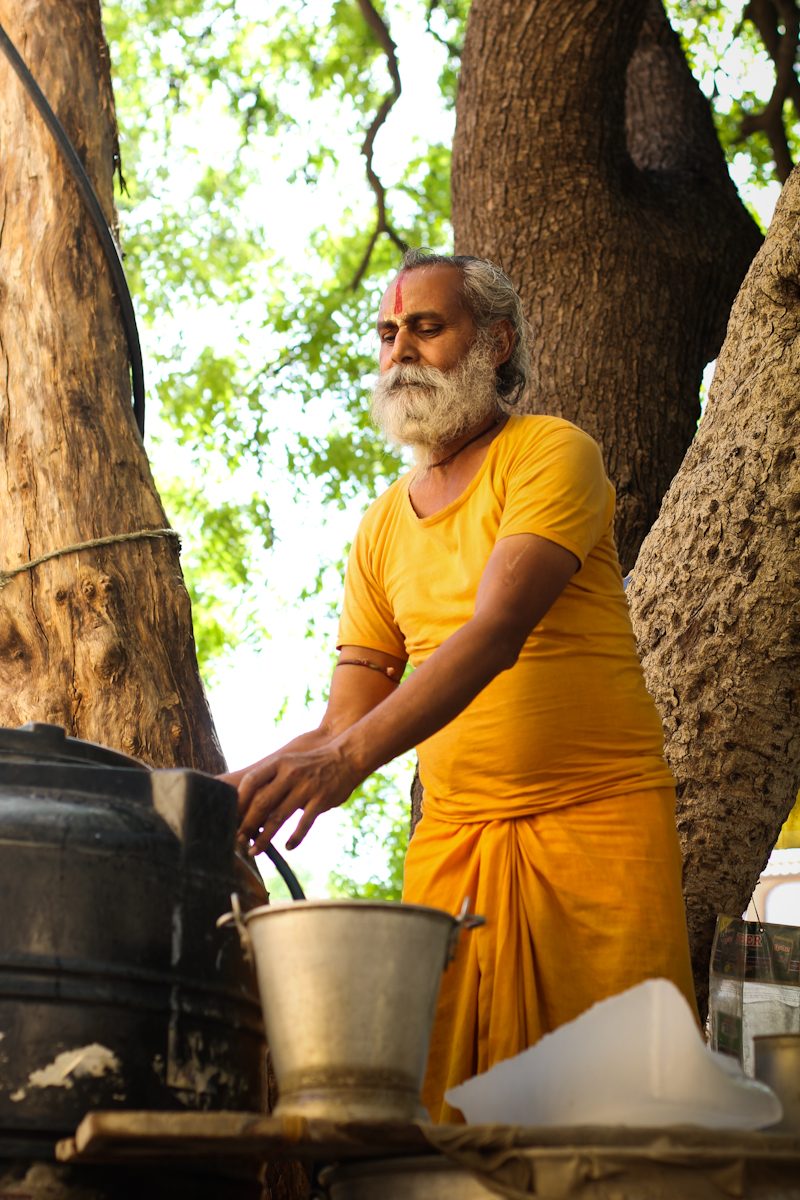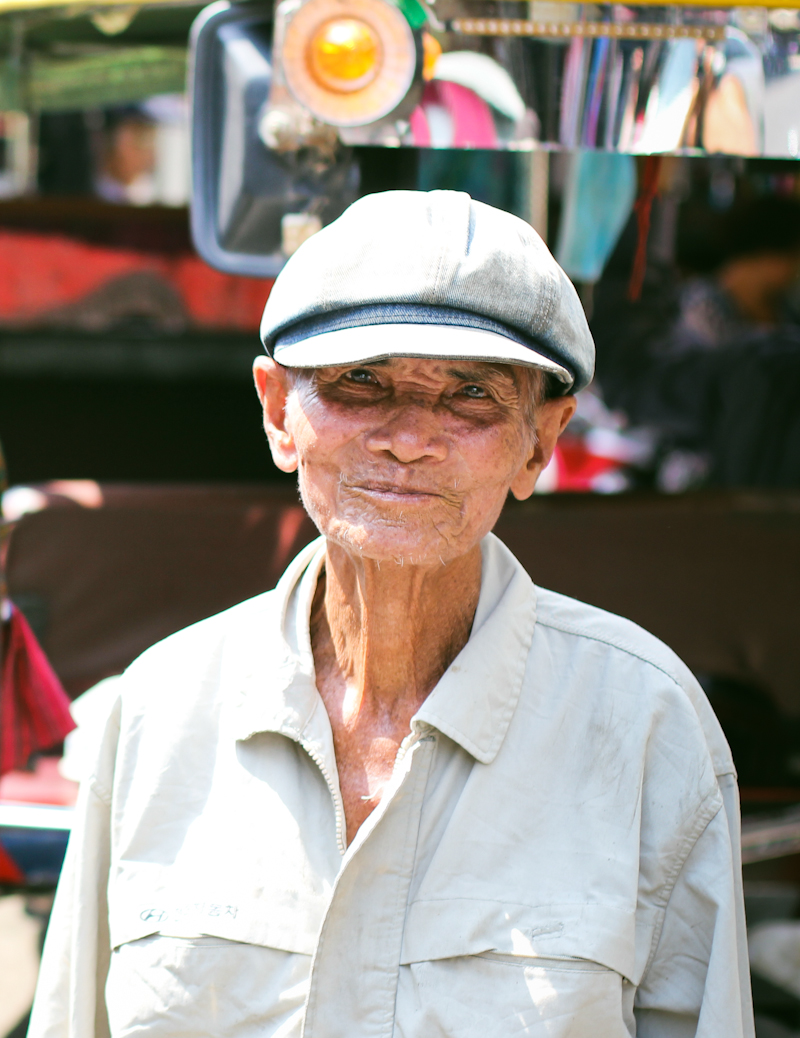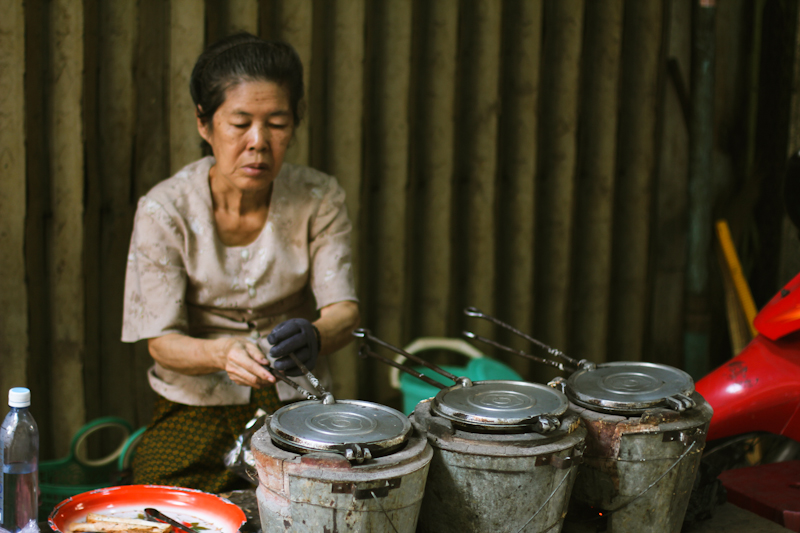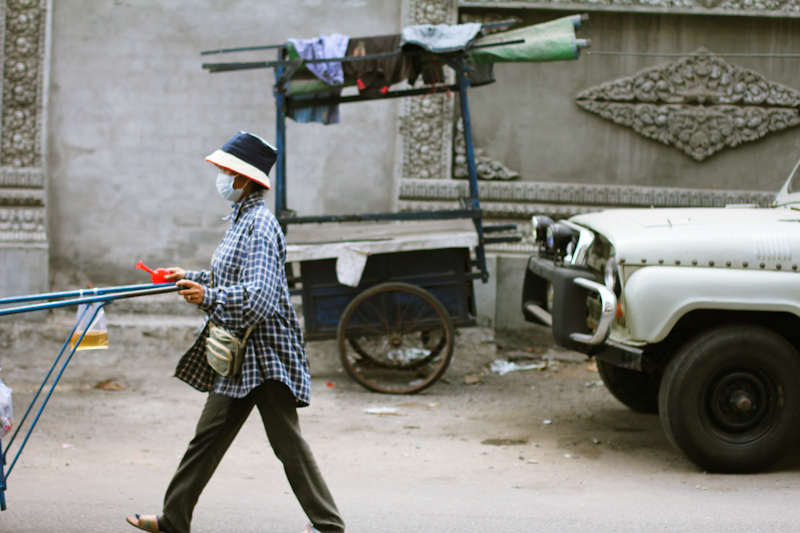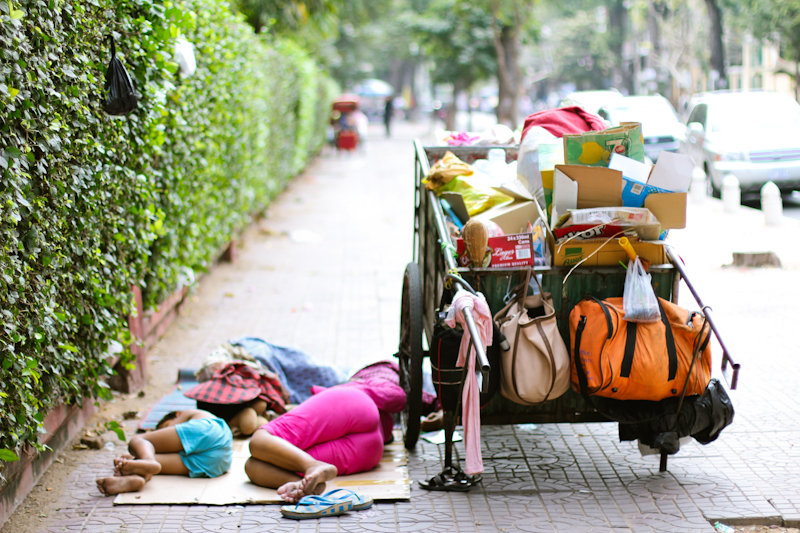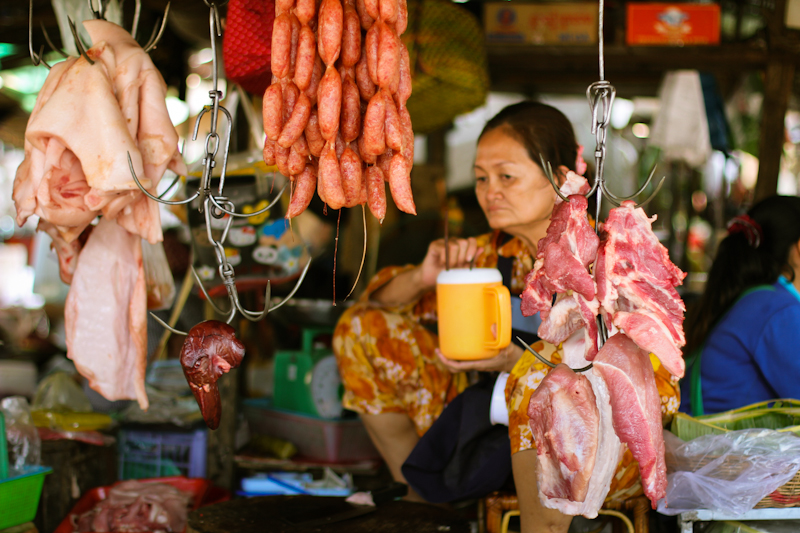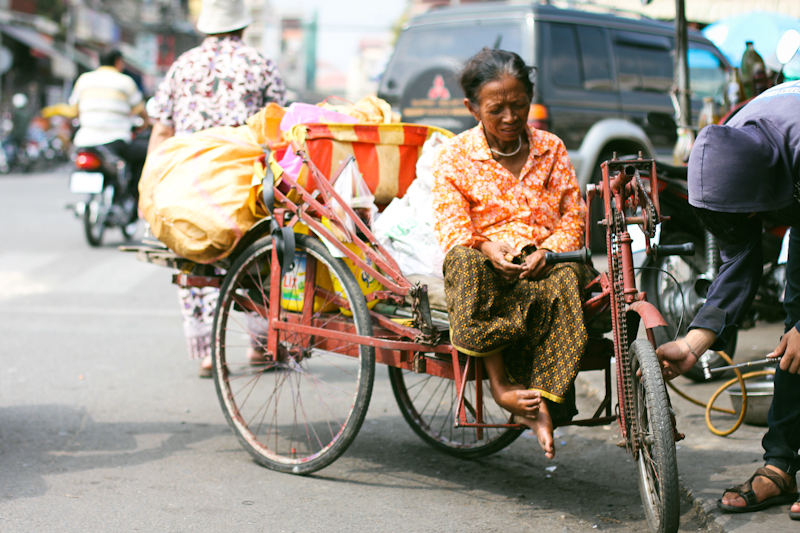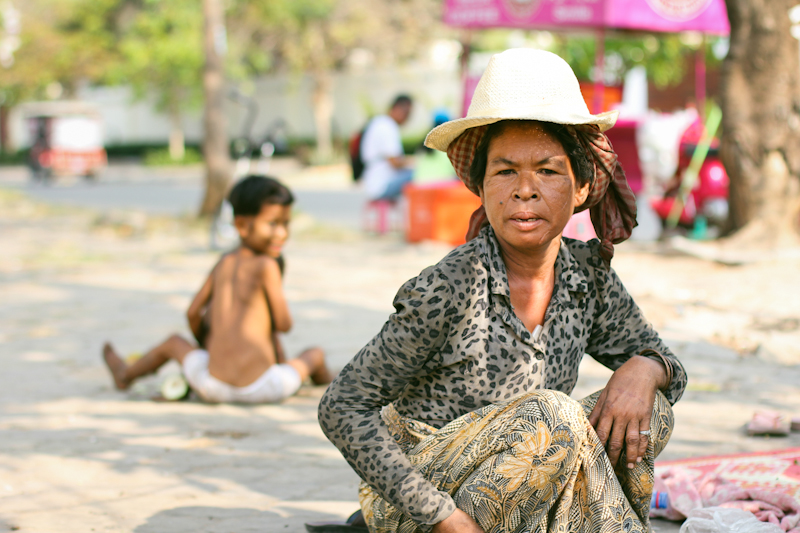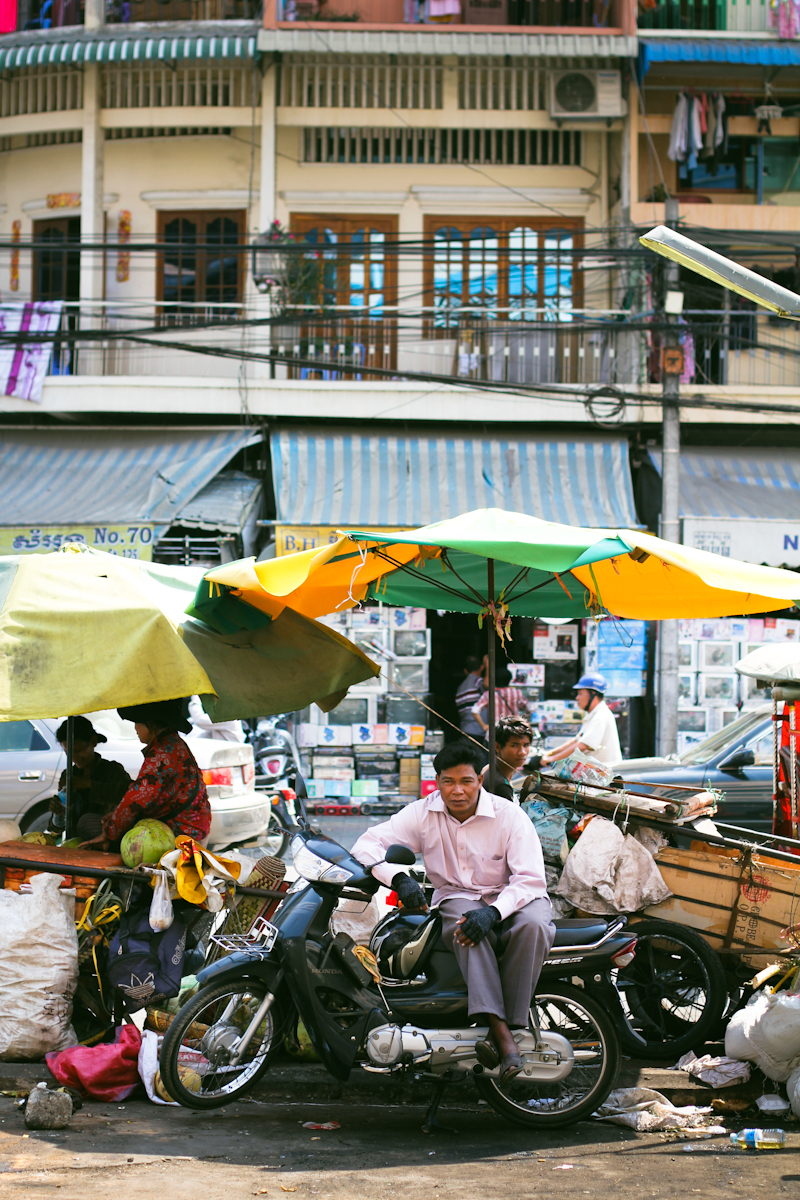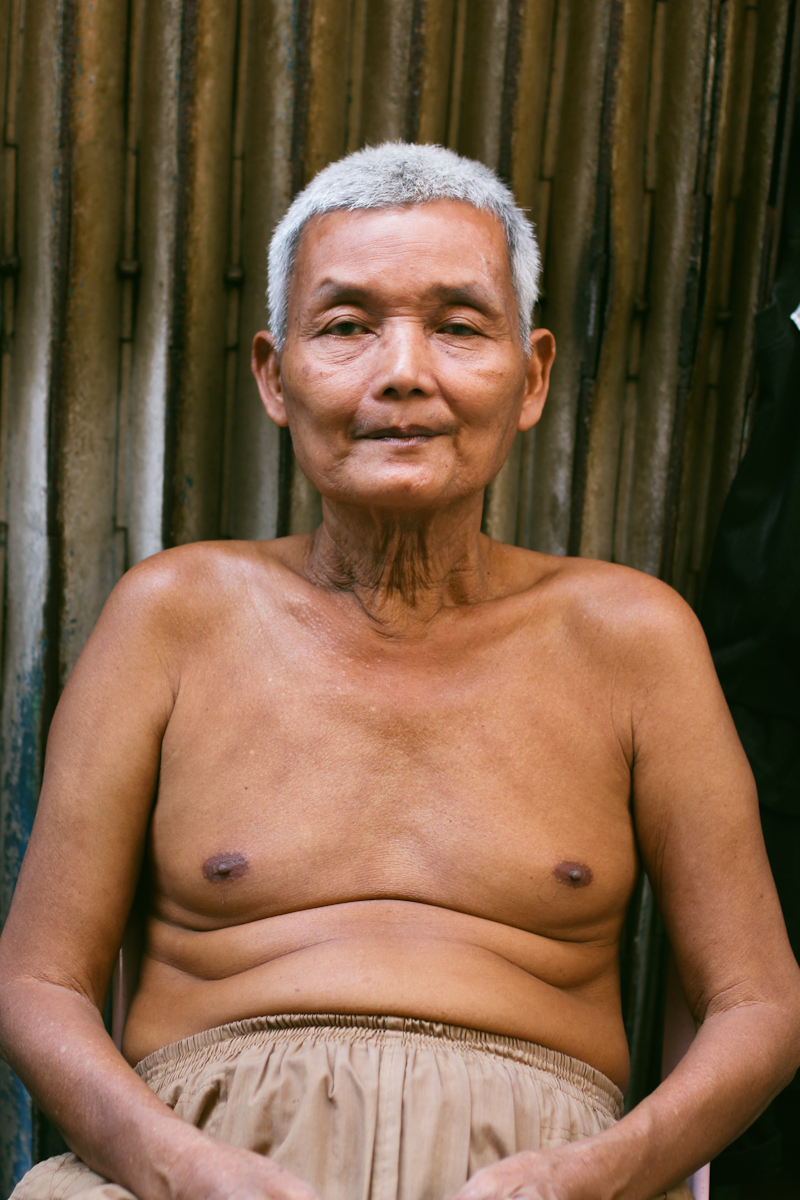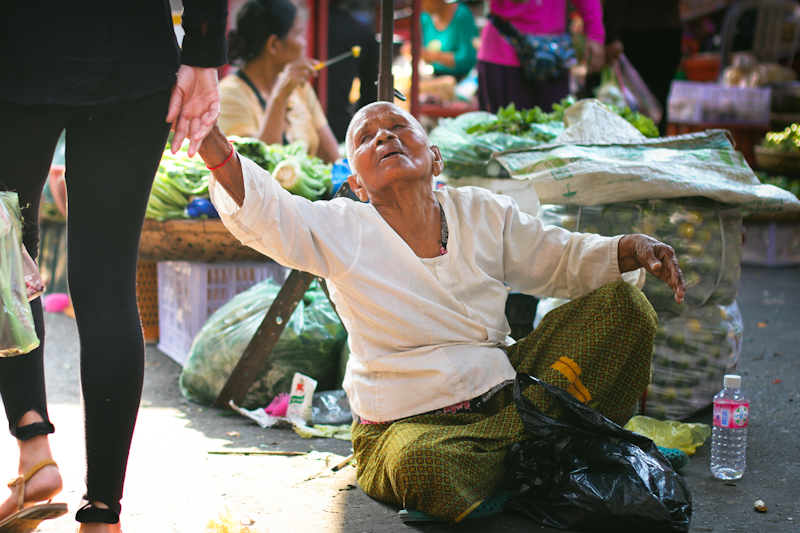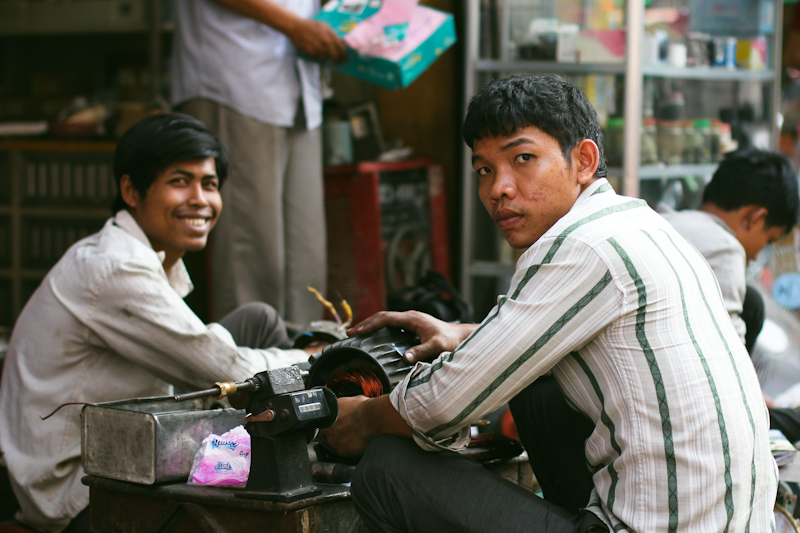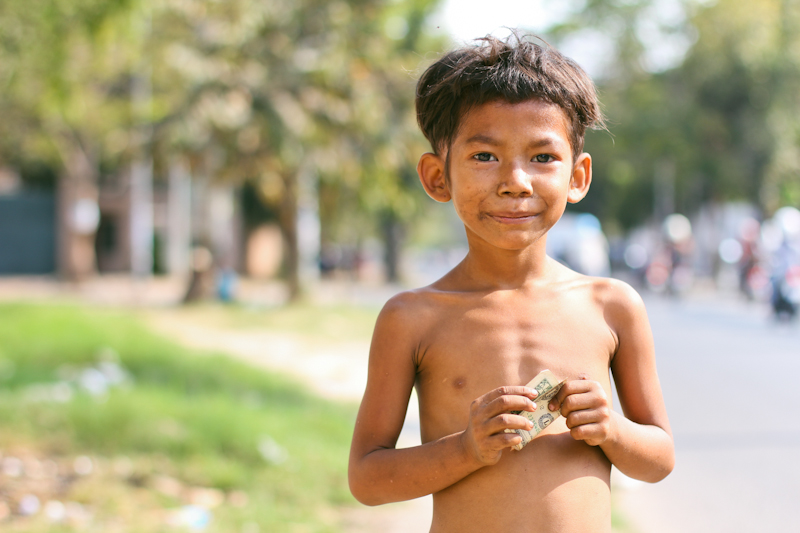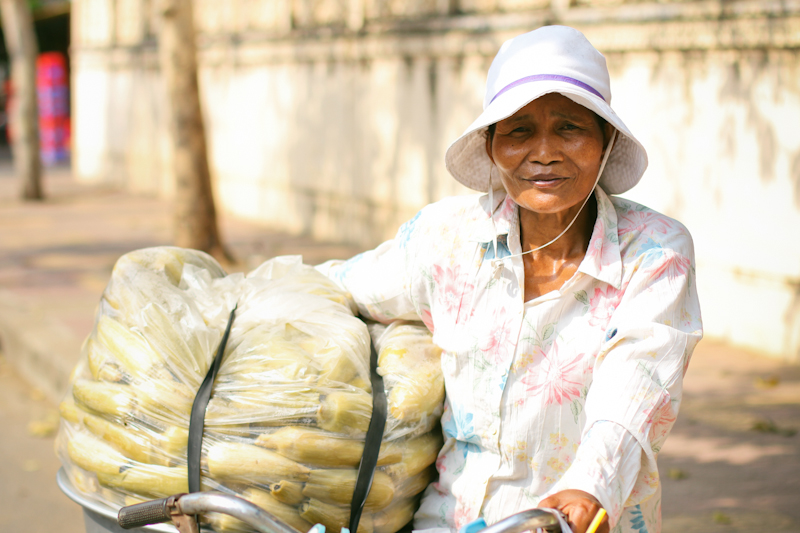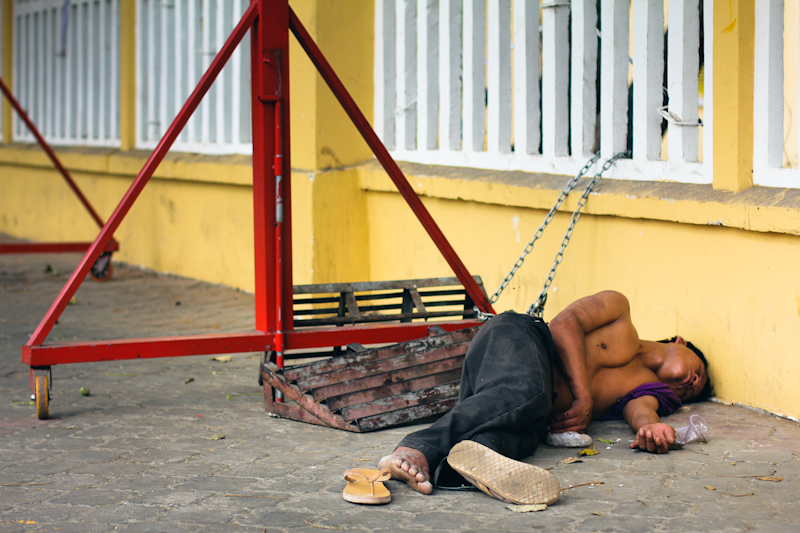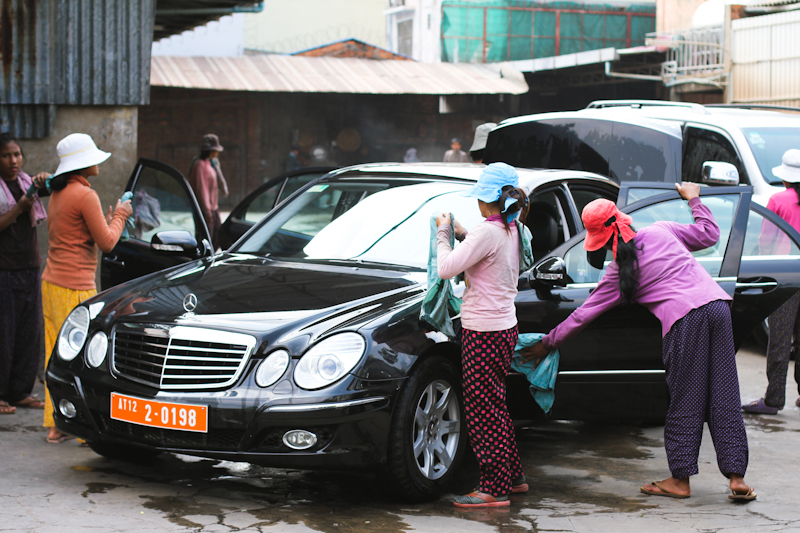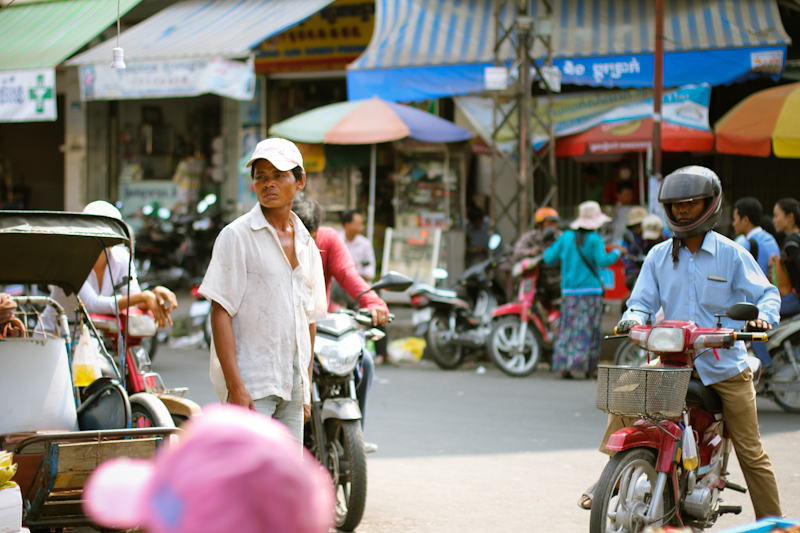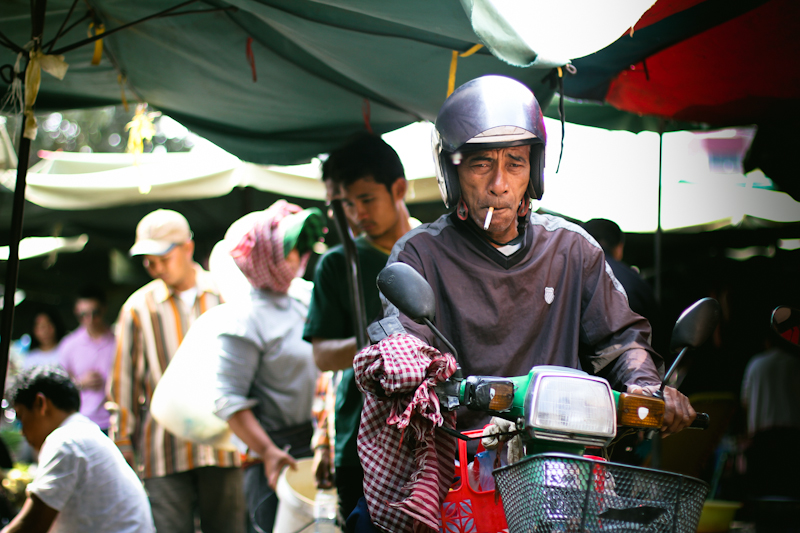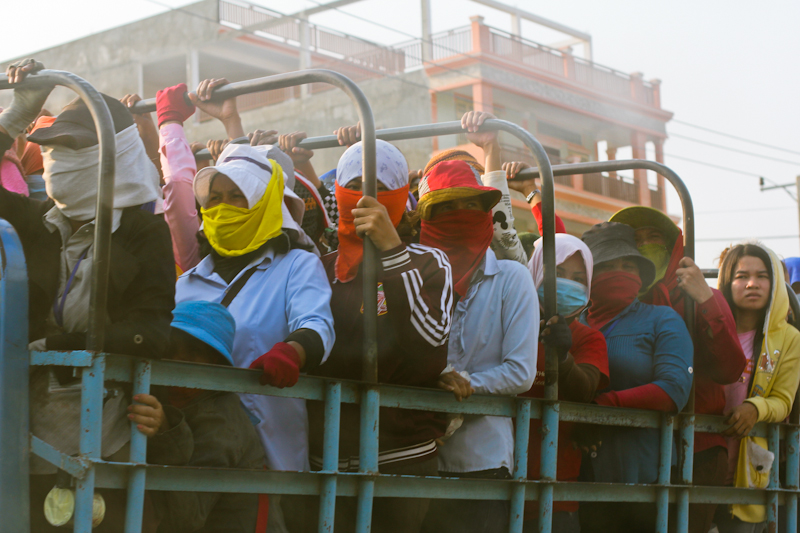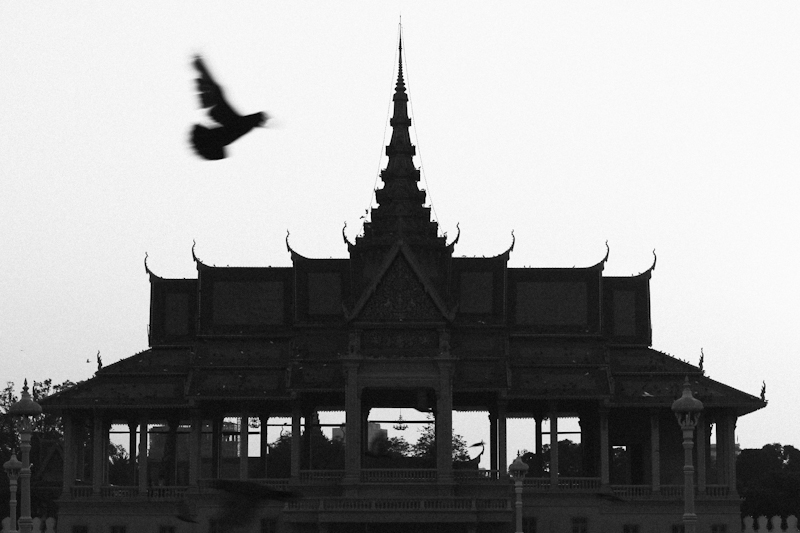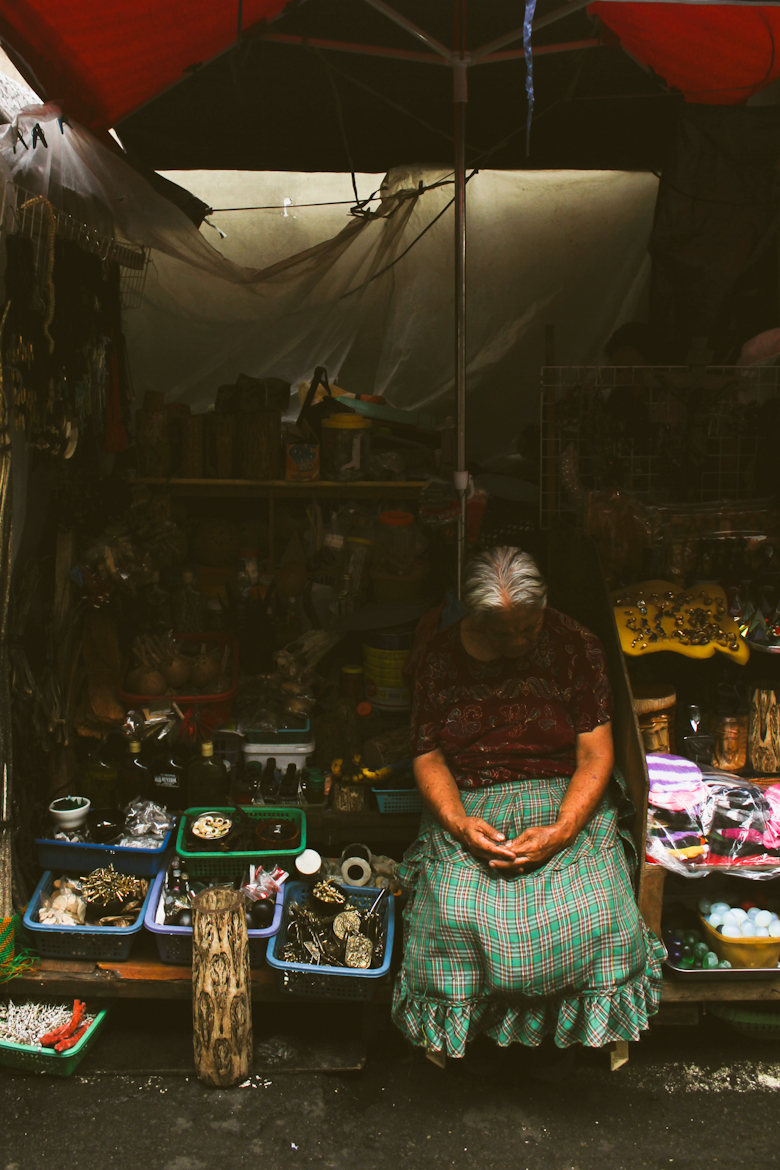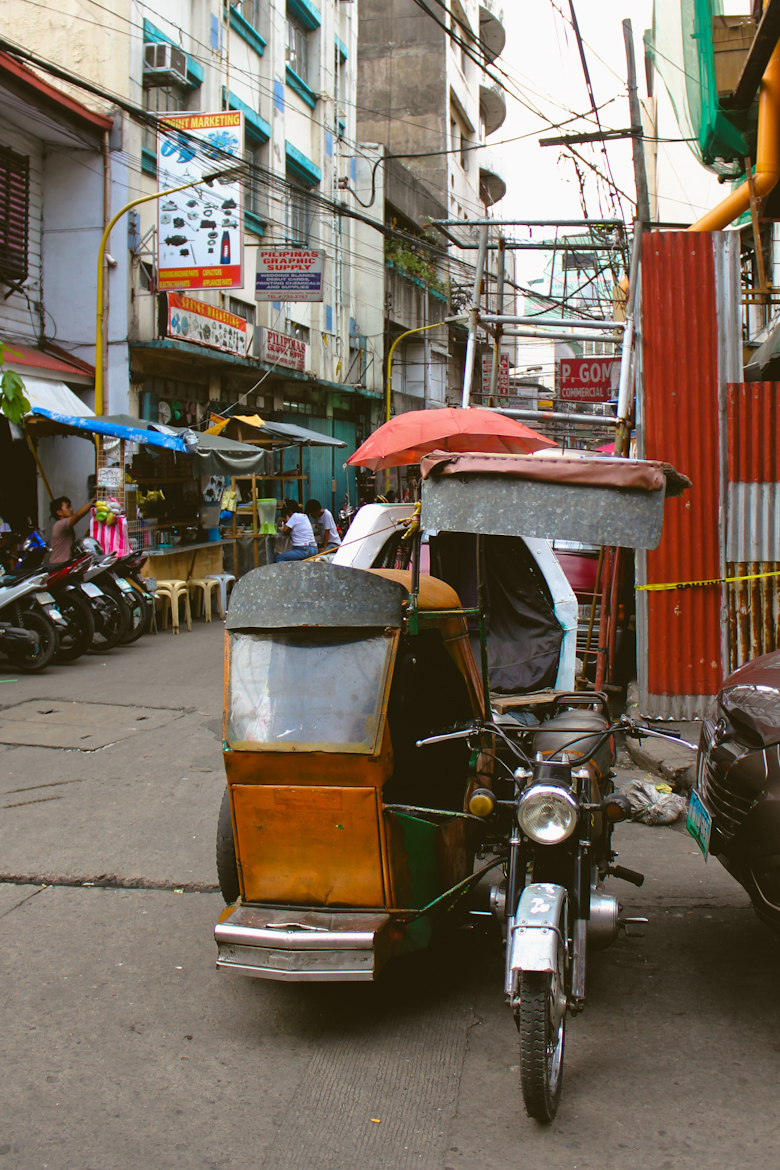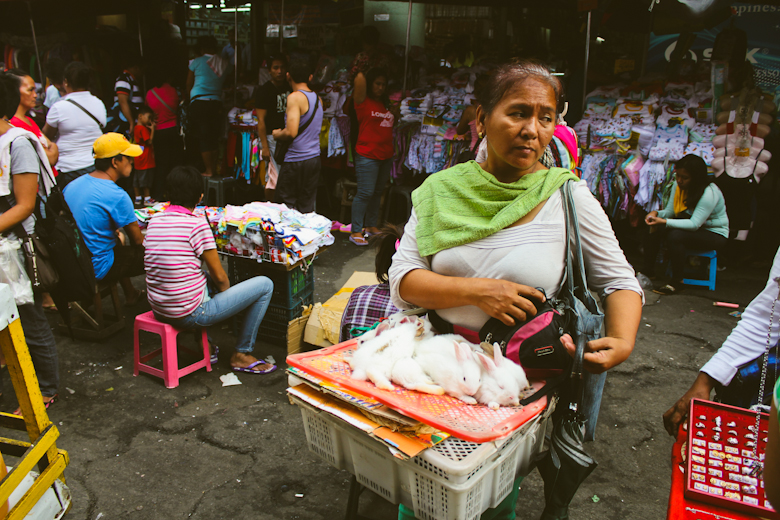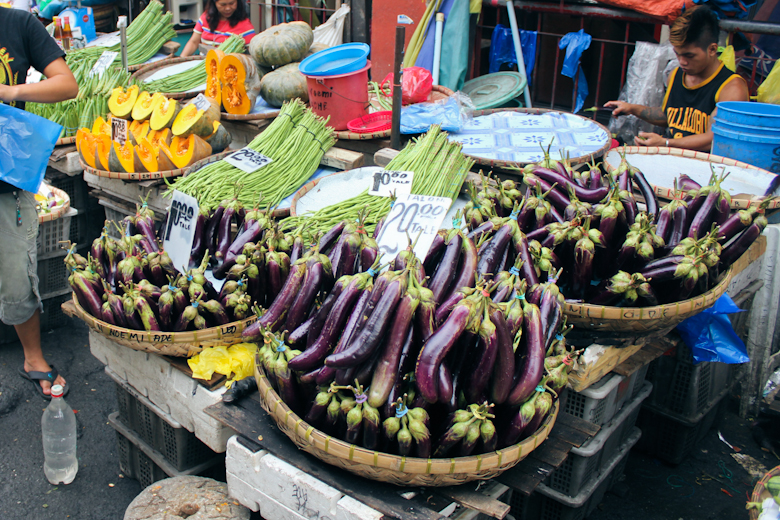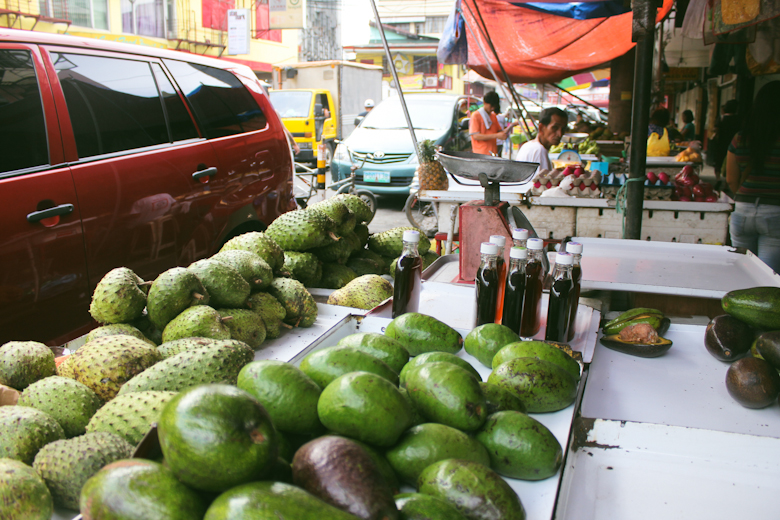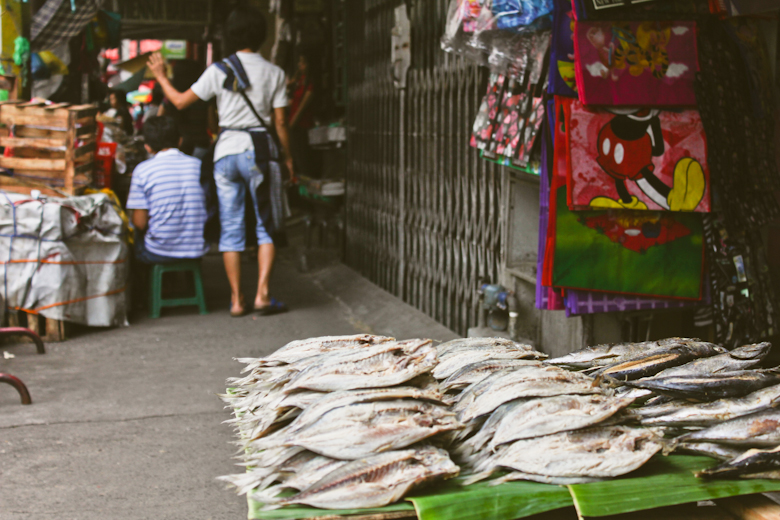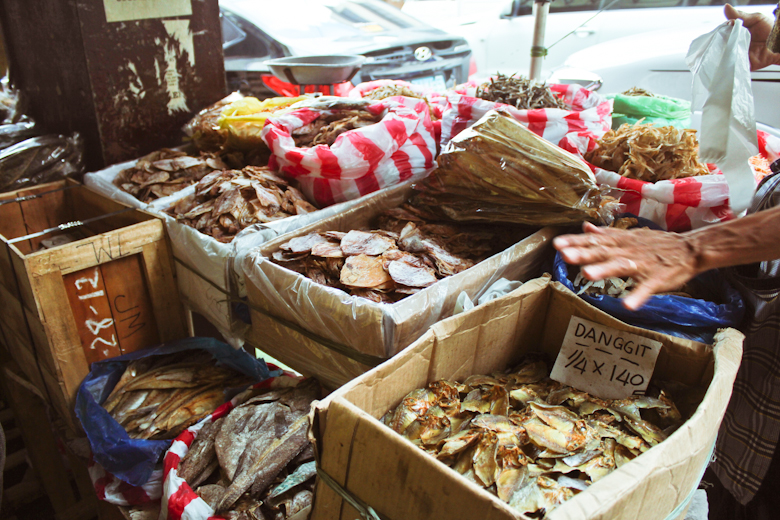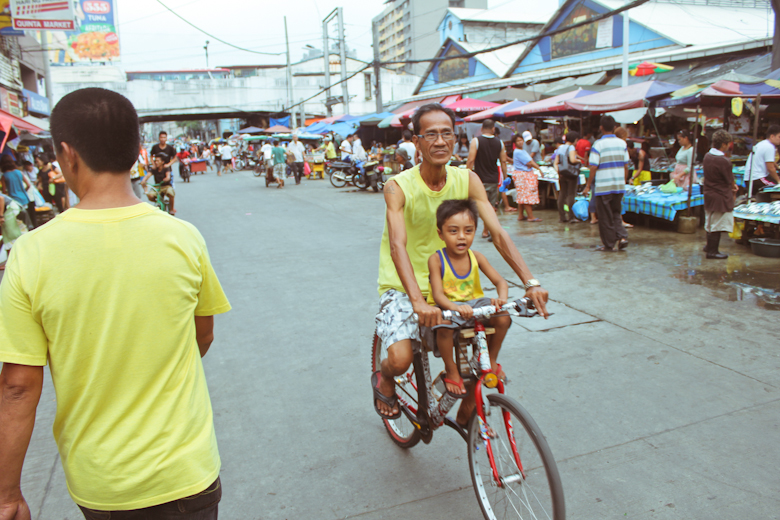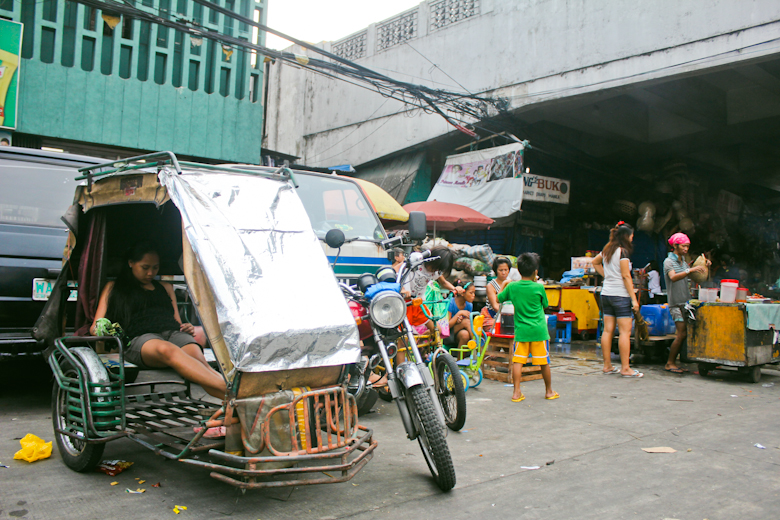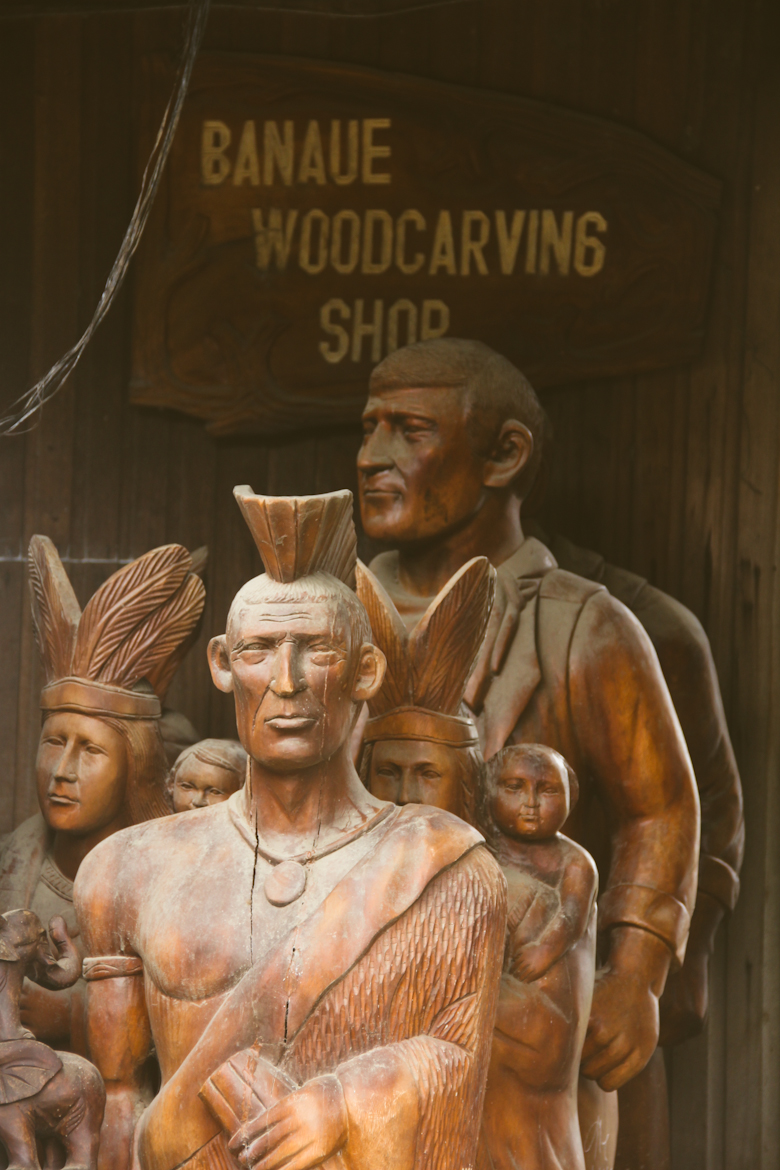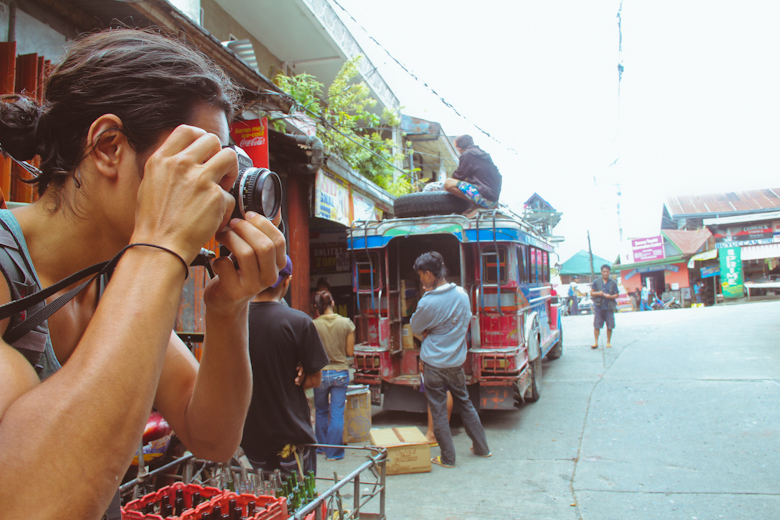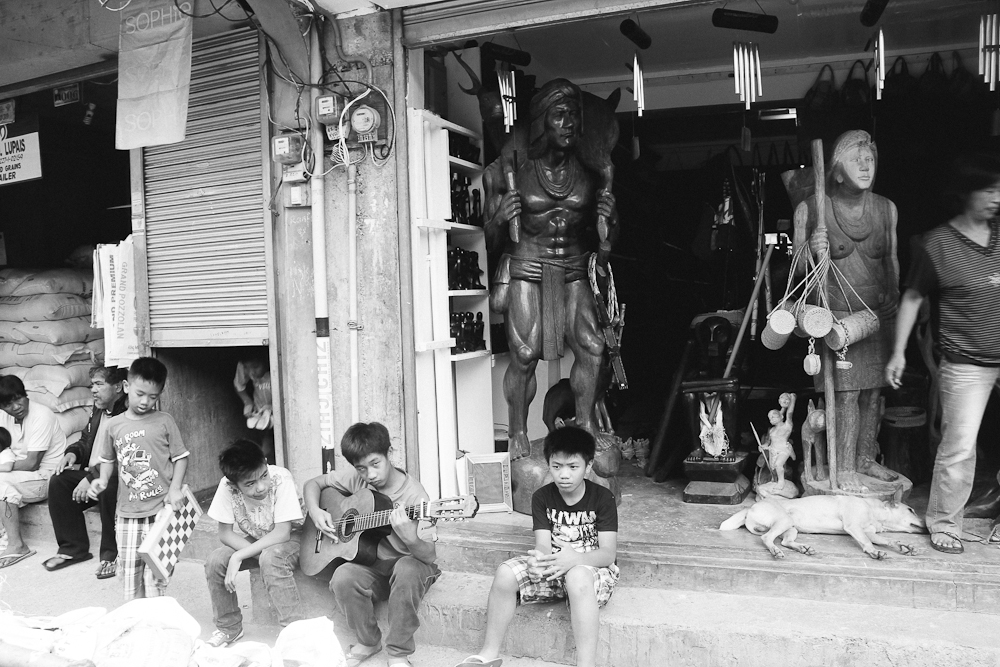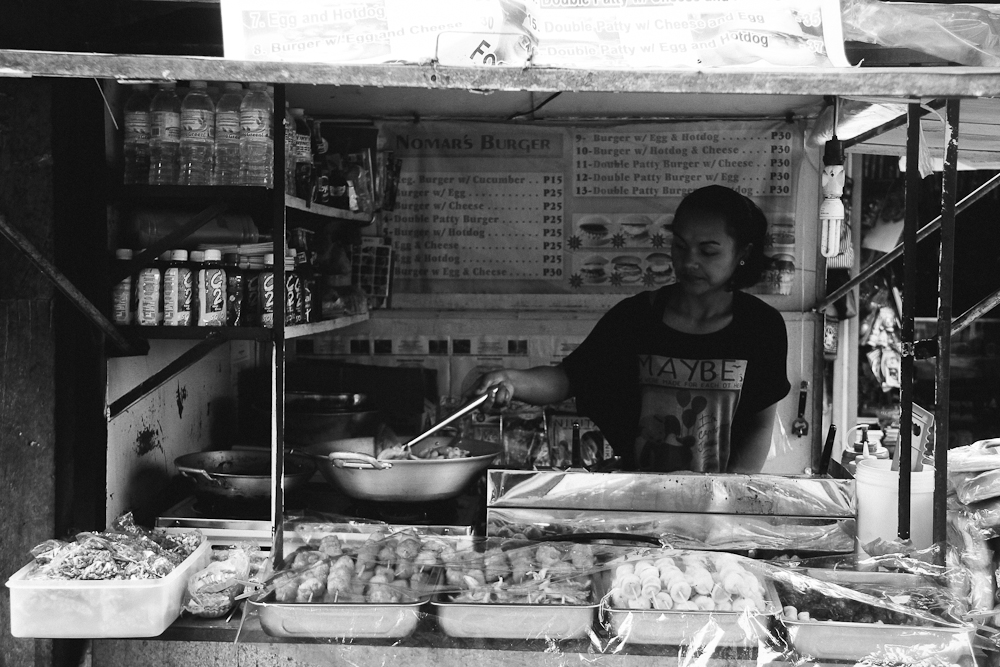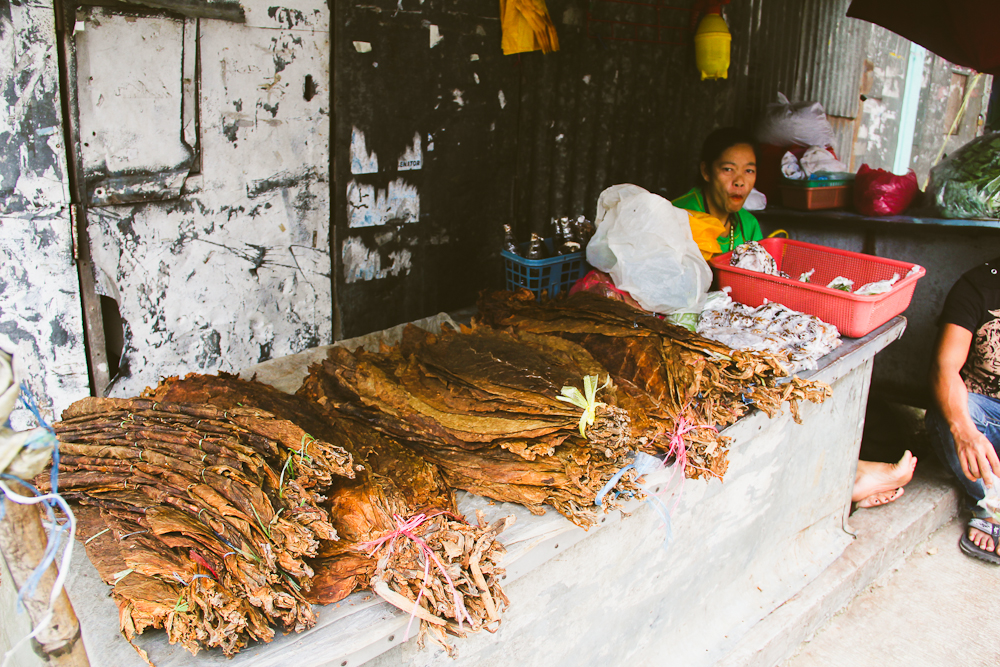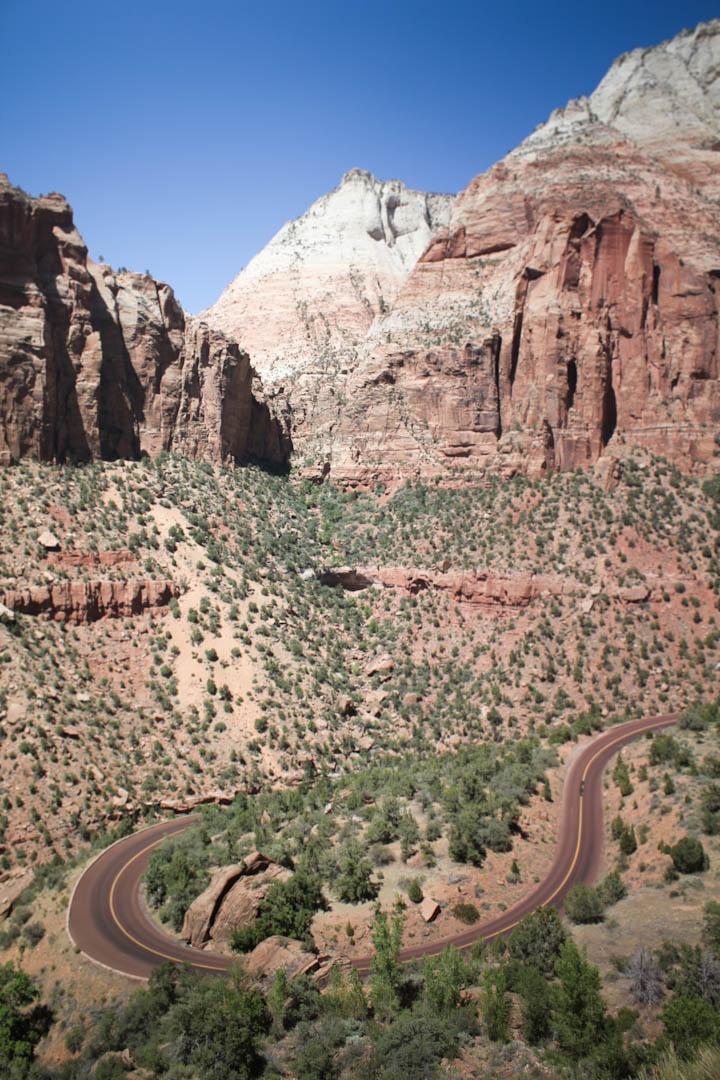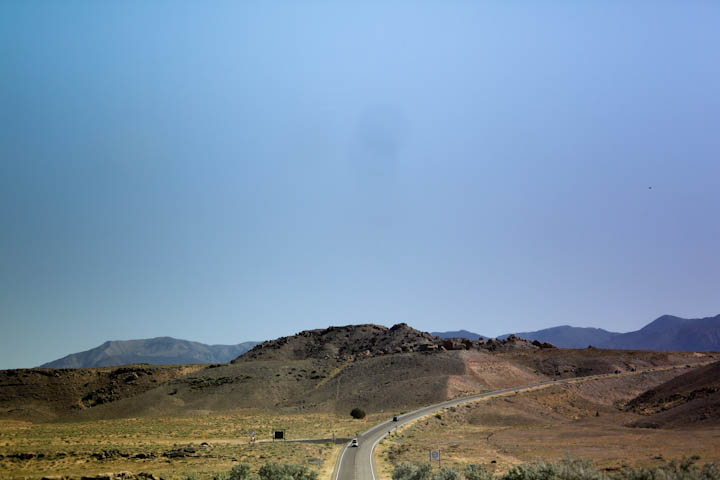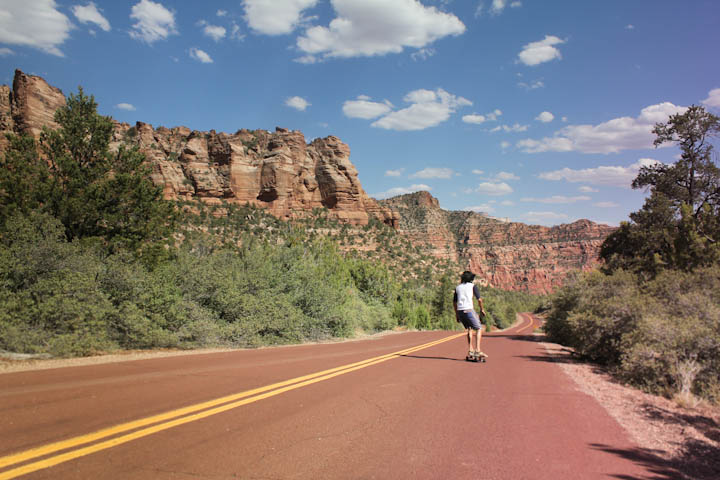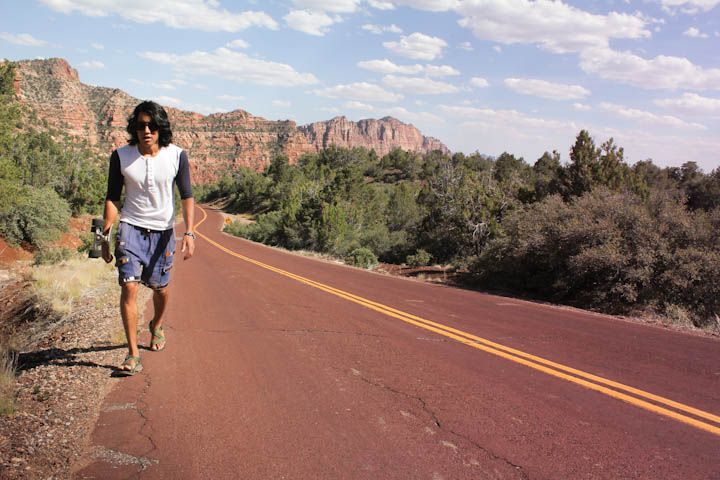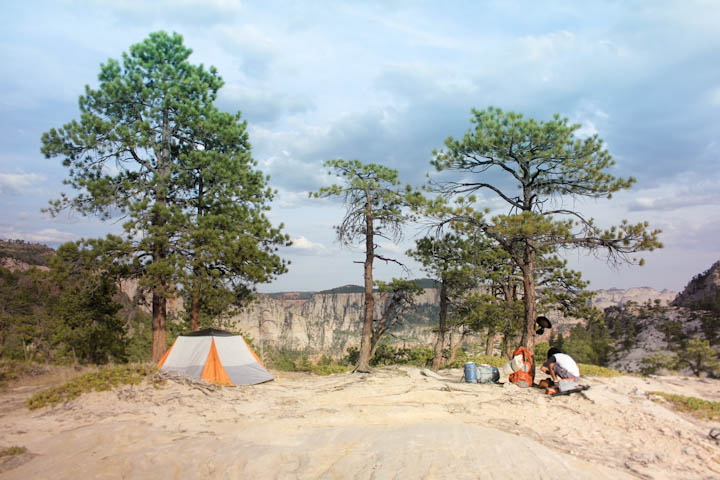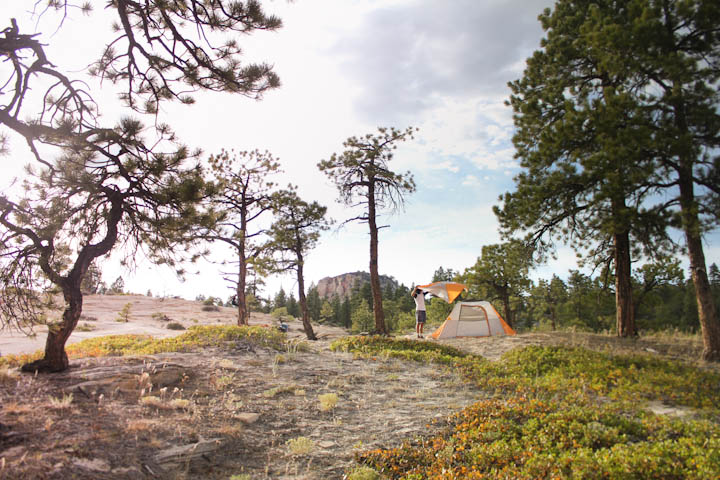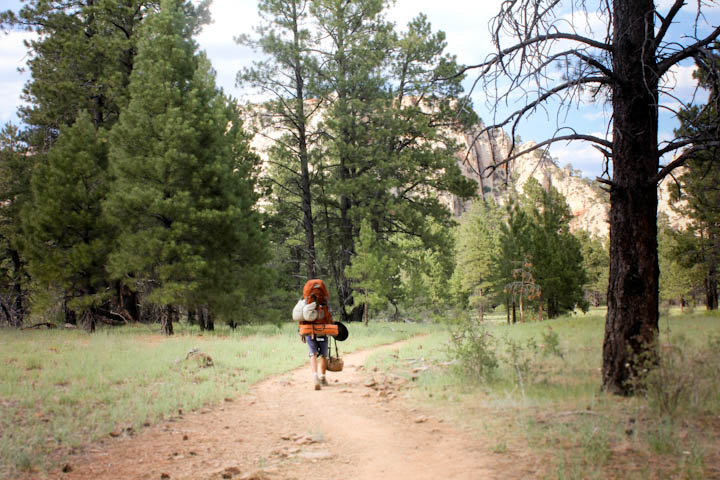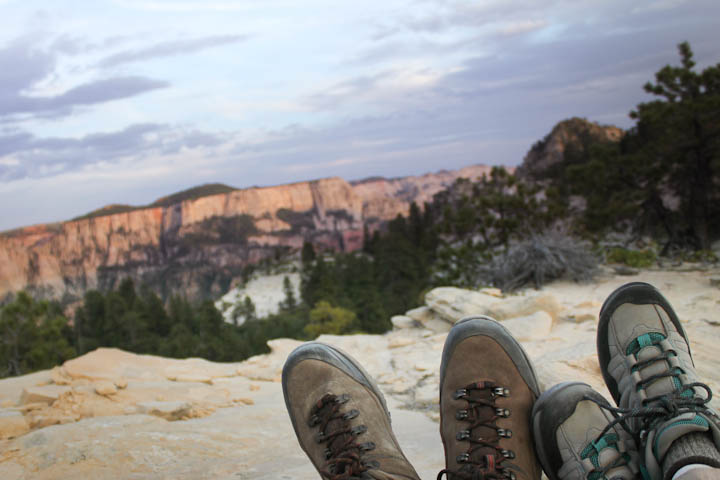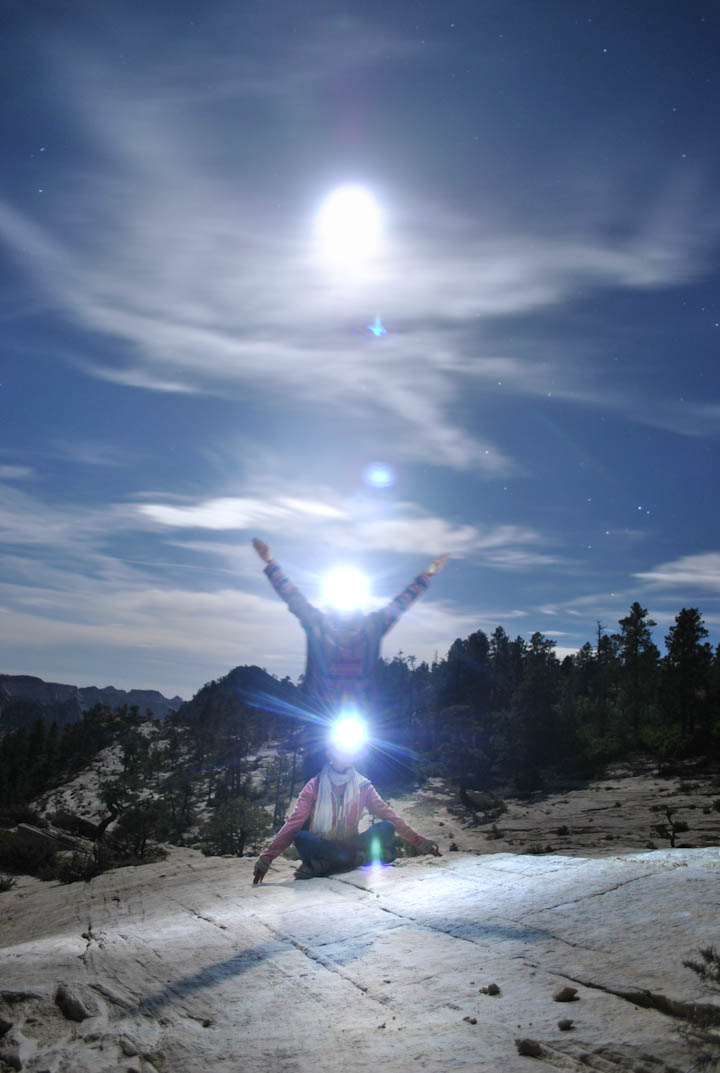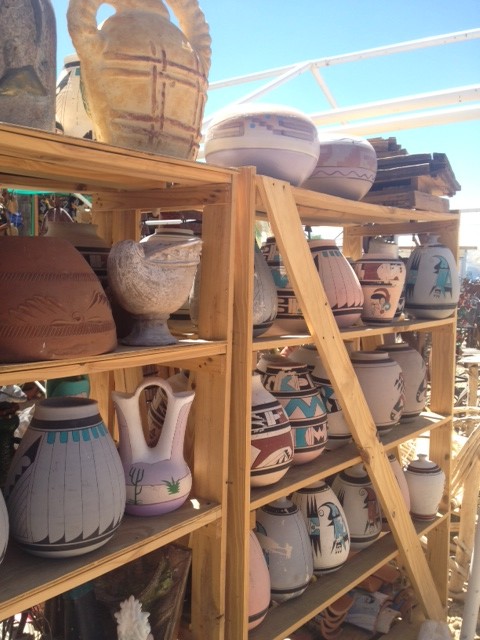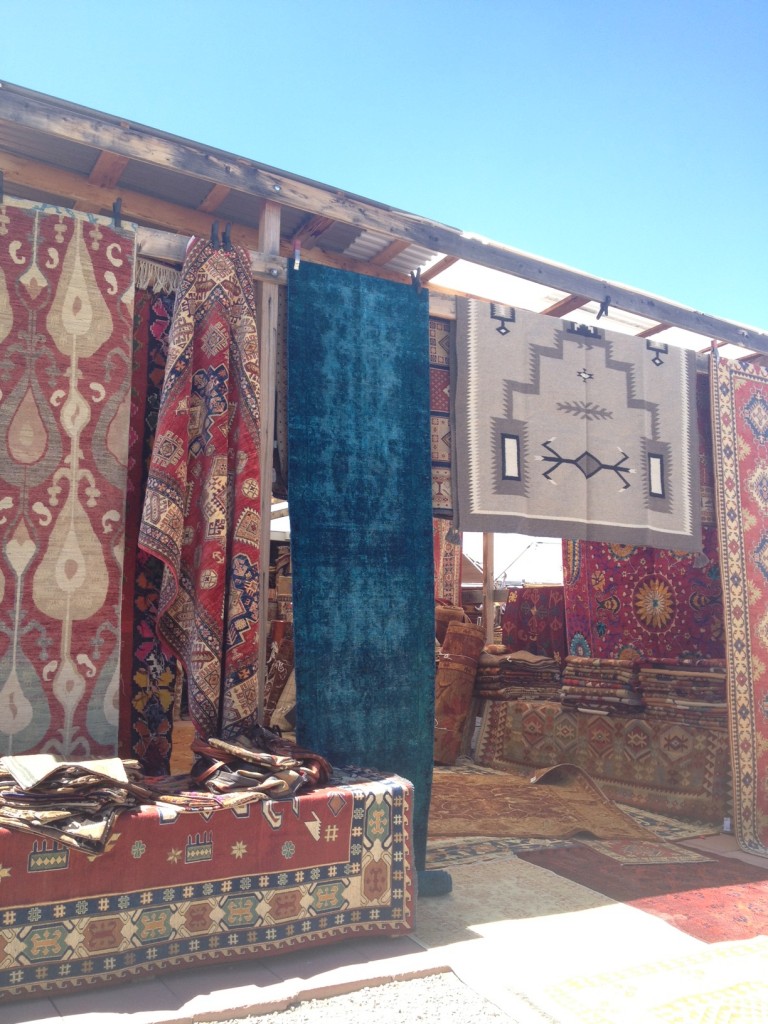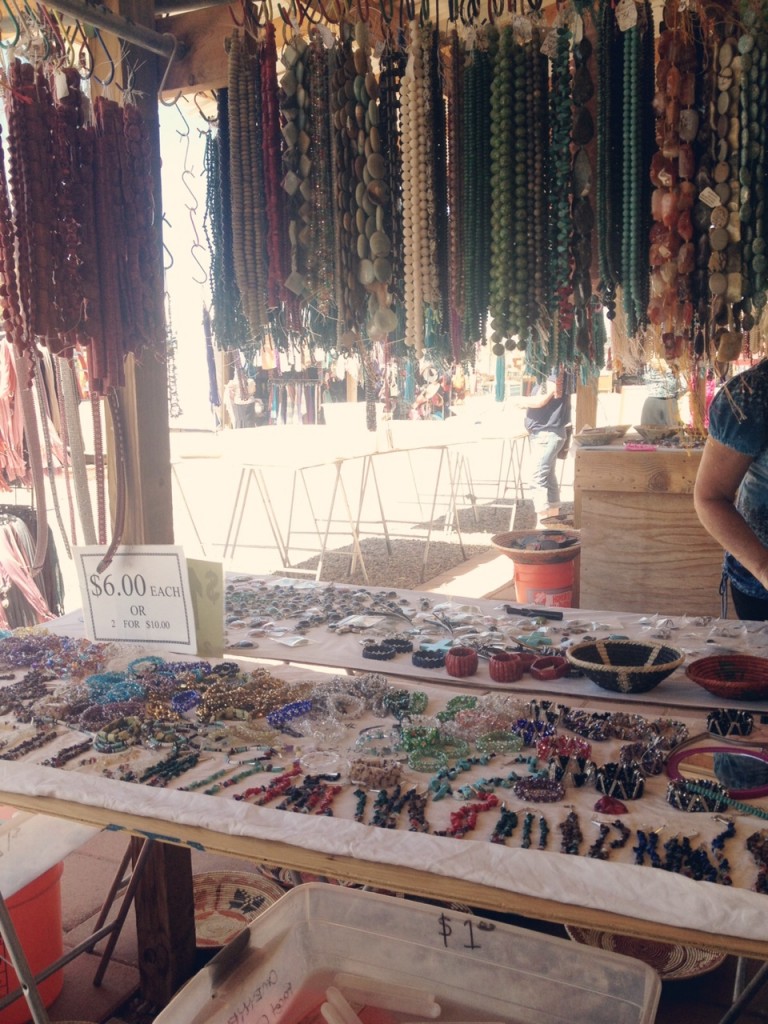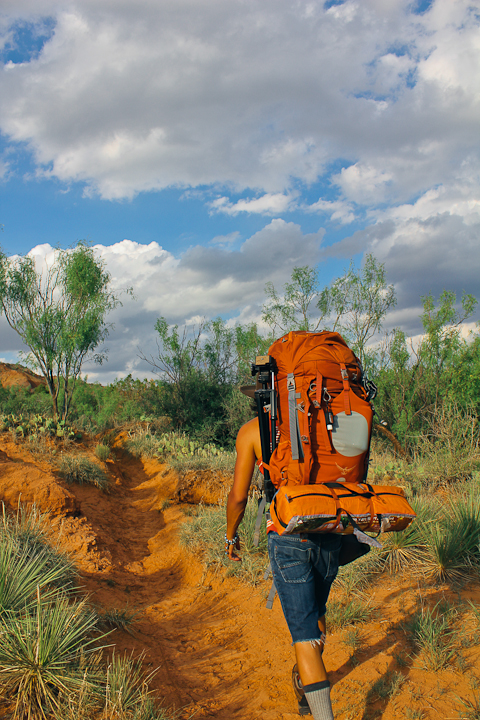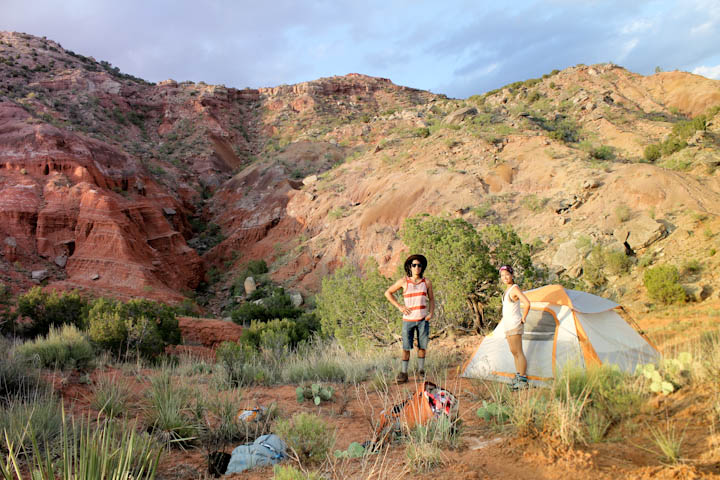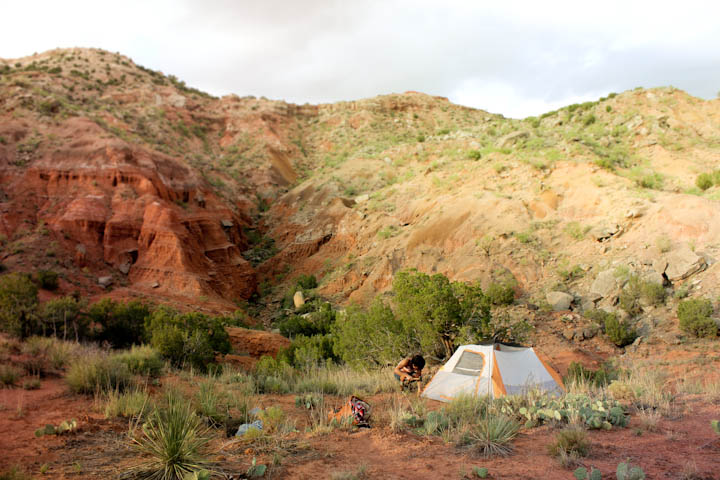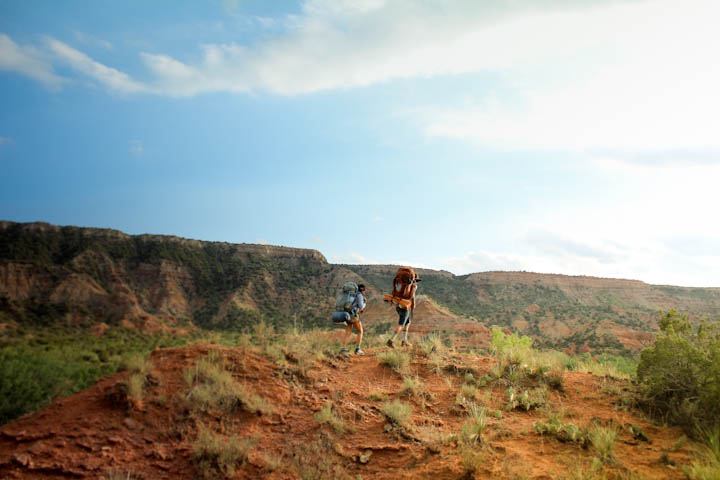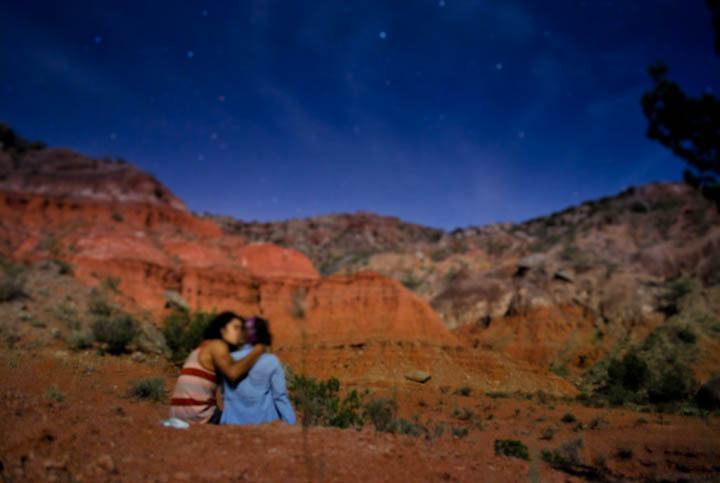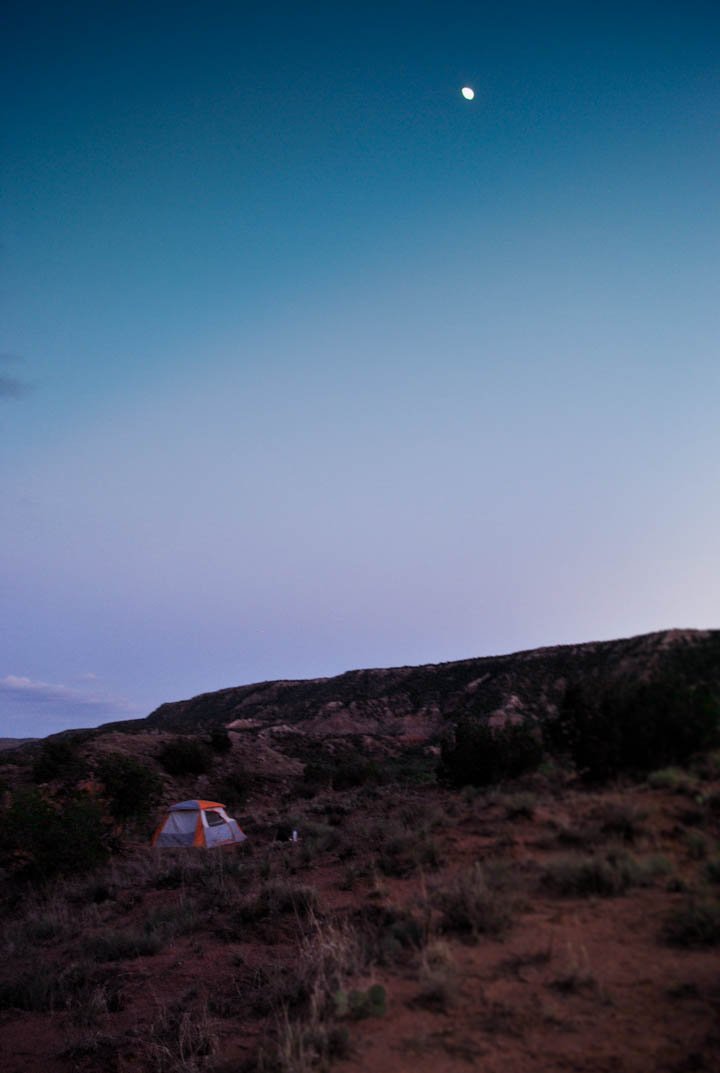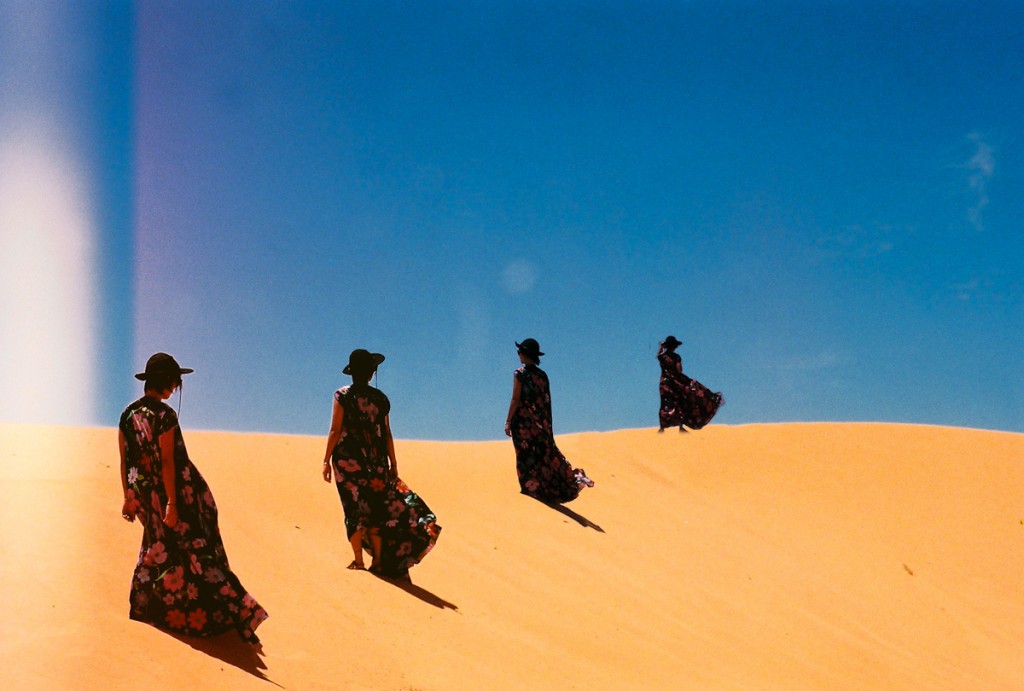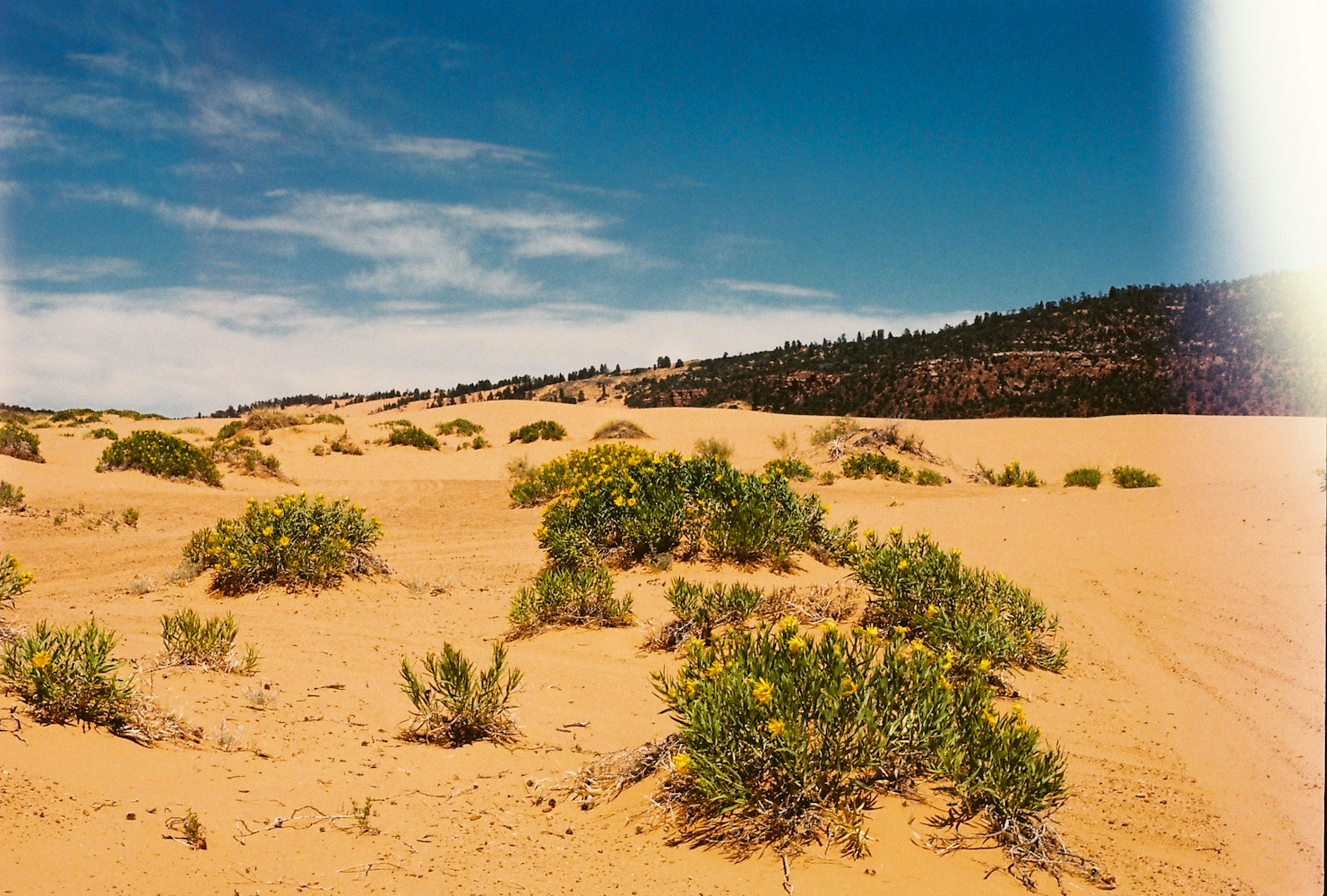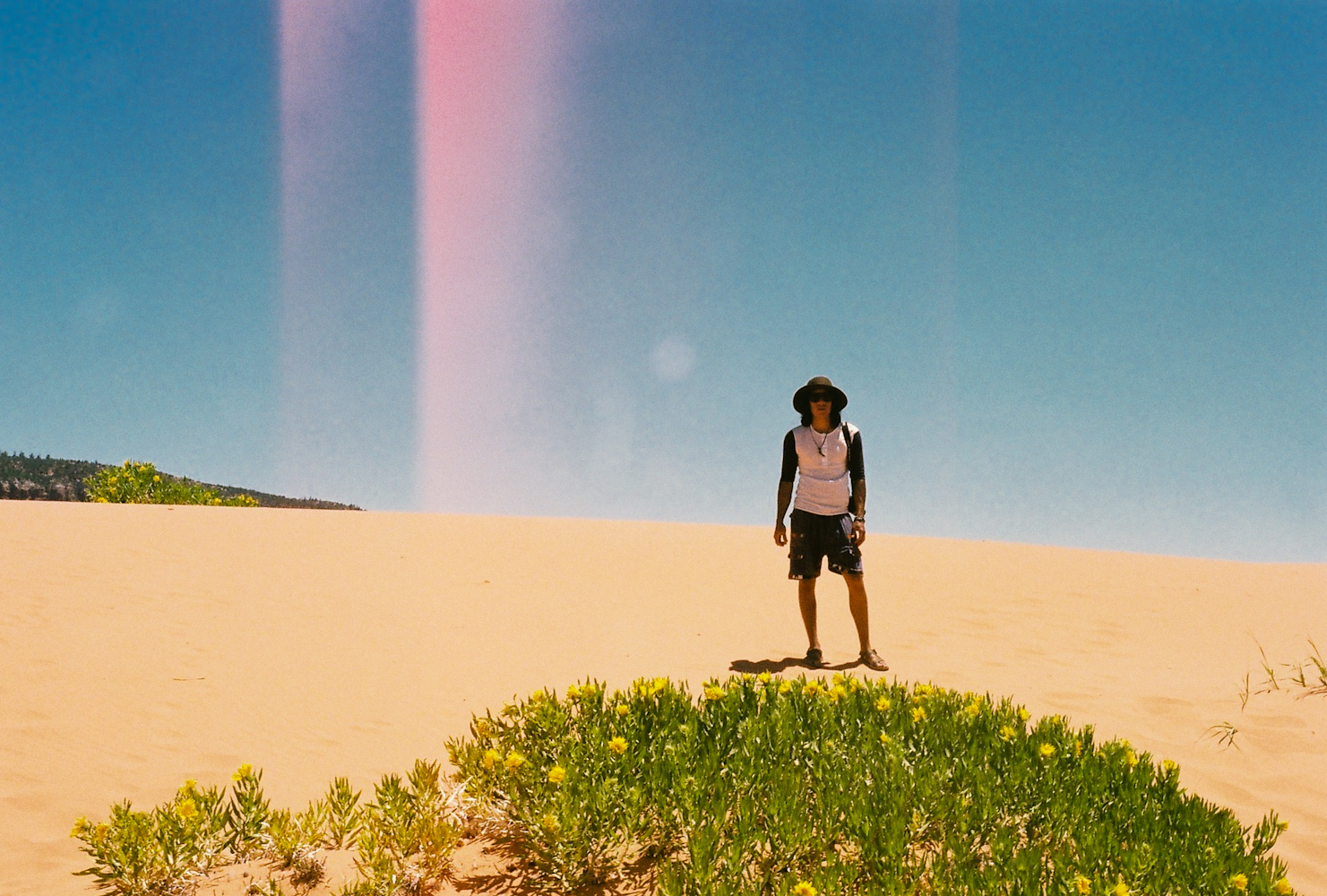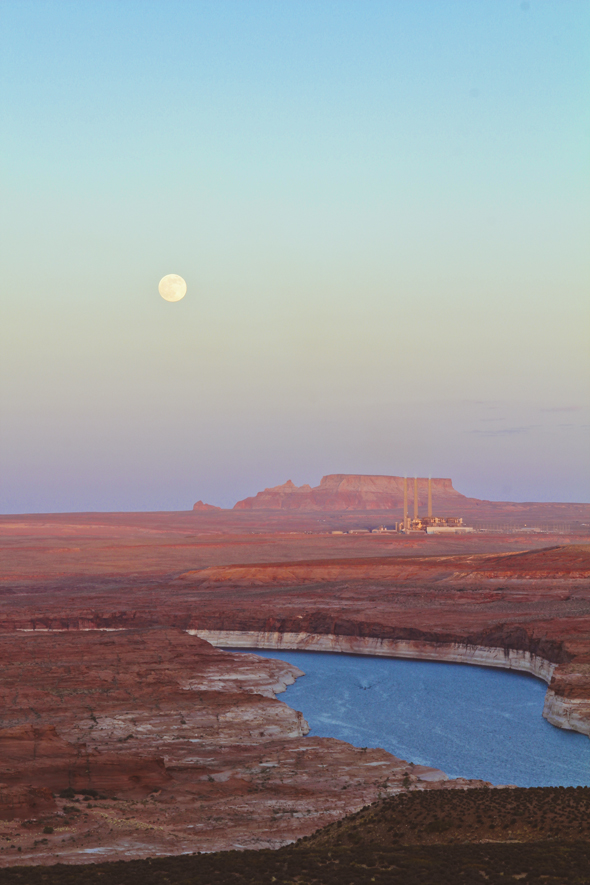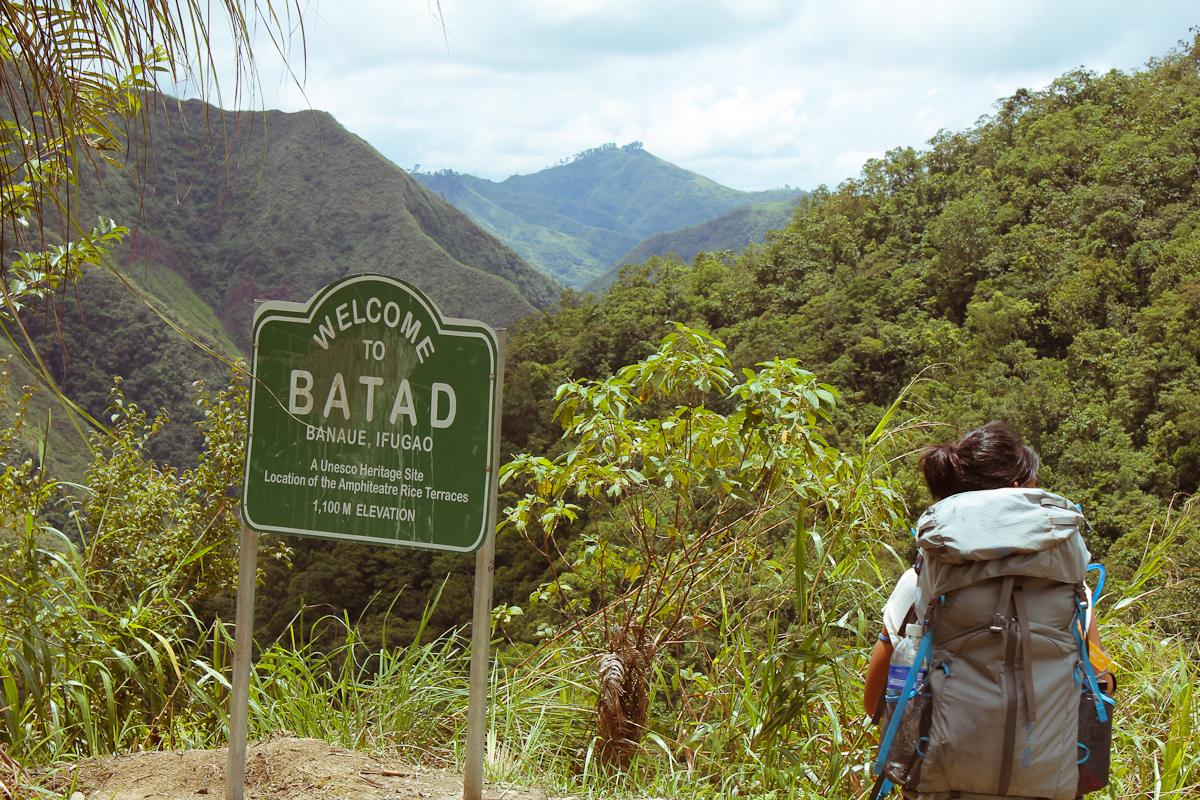
Once we arrived to Banaue we proceeded to Batad. We heard Batad took the cake for seeing the rice terraces and quite a trekkers paradise. When we arrived at Batad we were greeted by friendly locals asking us to buy soda and schedule massages. We passed on the massages and continued on to Ramon’s Homestay. He had about 4 natives huts (and working on a 5th one) with no running water and electricity. It was definitely more of the experience we were looking for! He showed us the hut he was born in and where his family of 5 lived. (surprising since I though it was just big enough for me and Aaron) The inside was cured with smoke from fires built inside the hut and it was adorned with skulls, including monkey skulls! Rice baskets were stored on the shelf for when rice harvest season came, and candles were lit for light. Ramon’s hospitality was incredible. We ended up running out of pesos and all we had was dollars, he ended up letting us stay another night and told us to just Western Union the money to him. The cooking was amazing, my top favorites were his Adobo and the chicken tinola. This visit also got us hooked on their local coffee, lemongrass tea straight from their garden, and rice wine made by his neighbor. Read more about everyone’s great experience staying with Ramon here on Trip Advisor
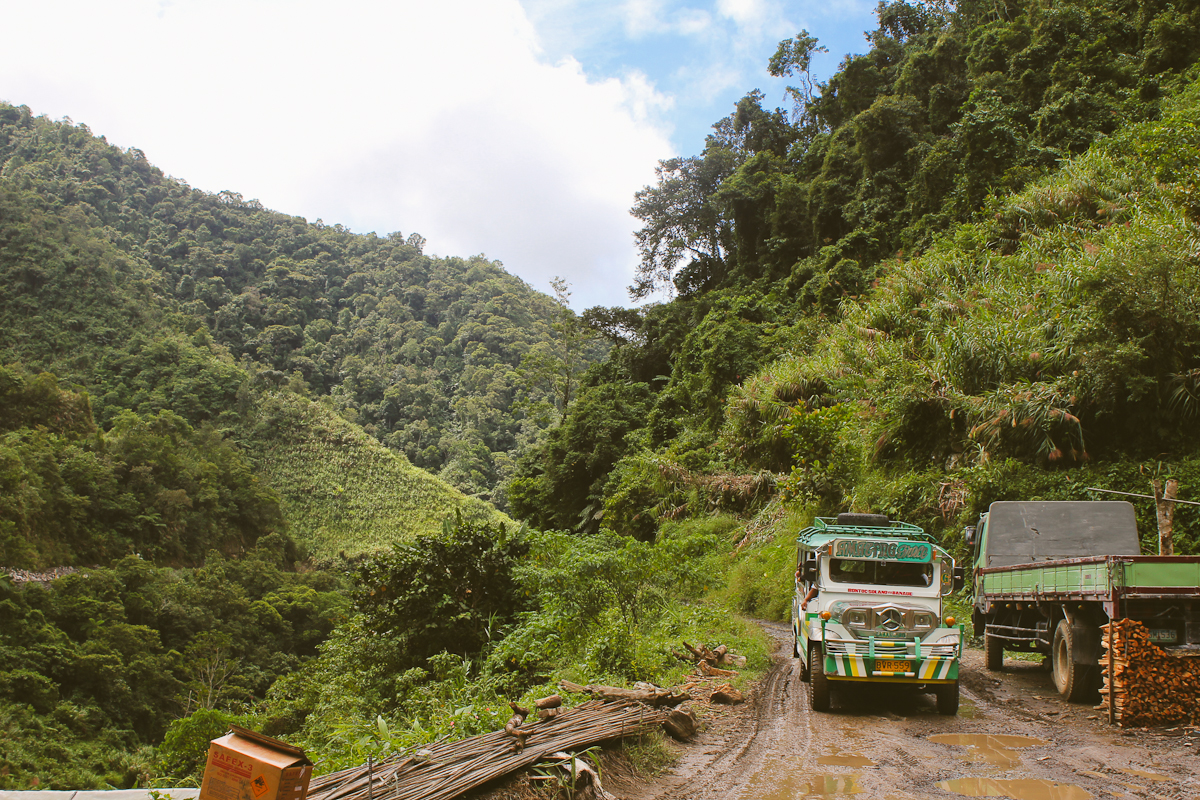
The jeepney drove us most of the way up through the windy dirt roads to the saddle point, where we then hiked down a little over an hour to reach the village.
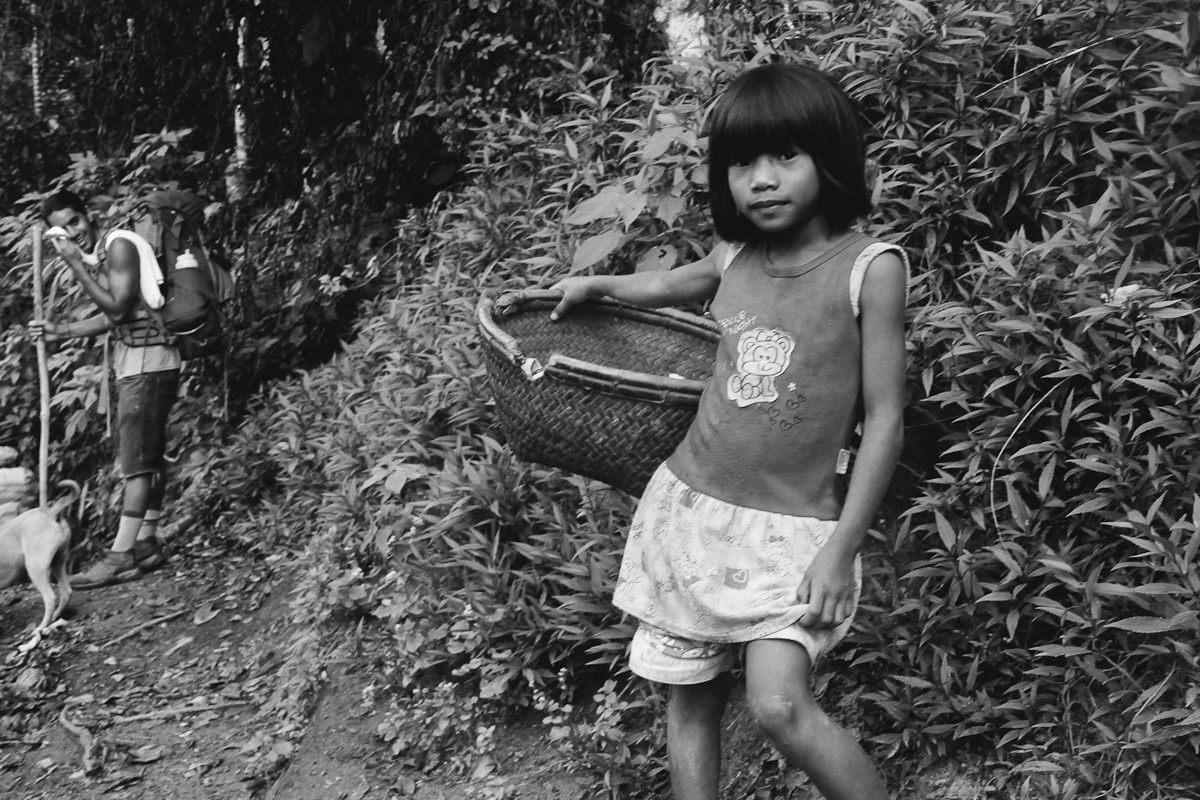
A beautiful little girl from Bangaan with a basket full of rice.
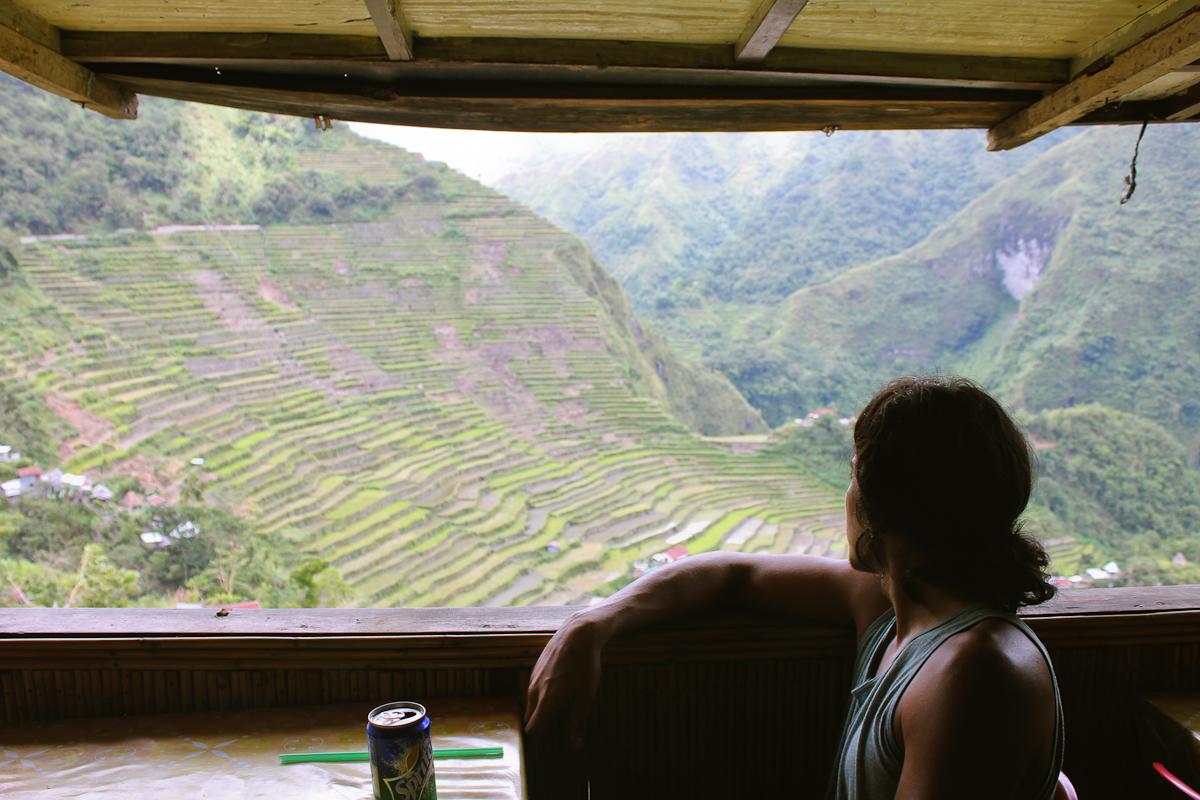
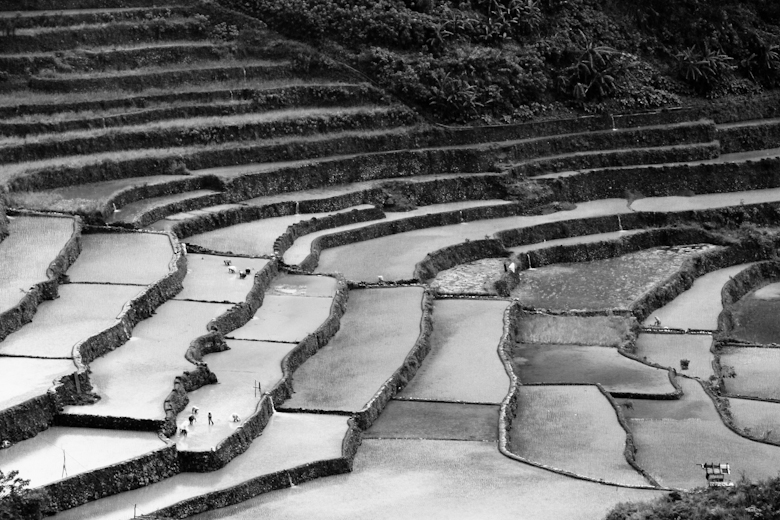
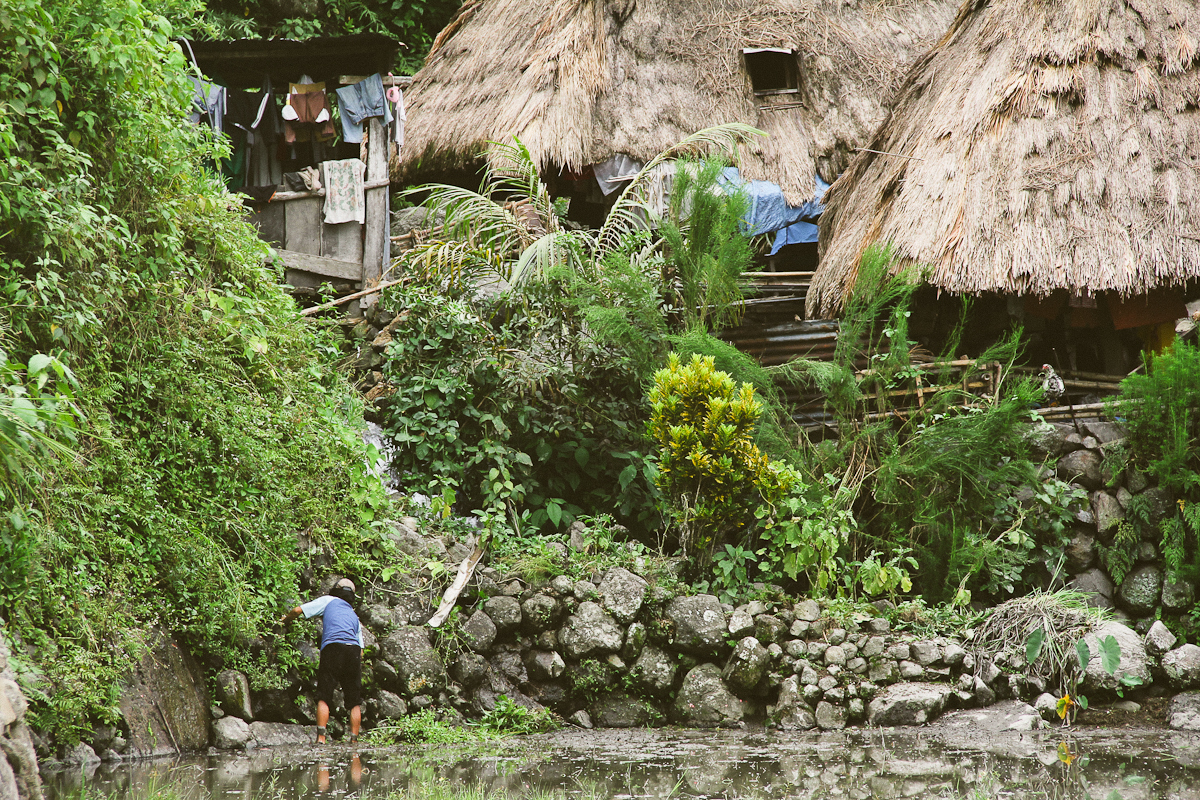
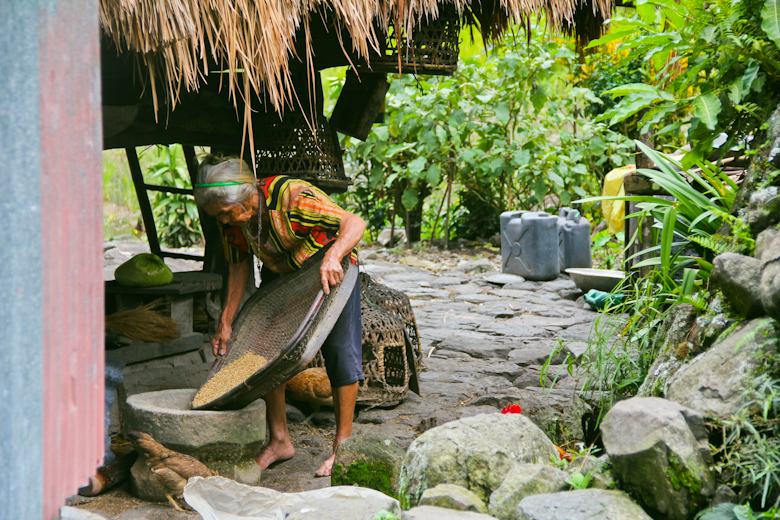

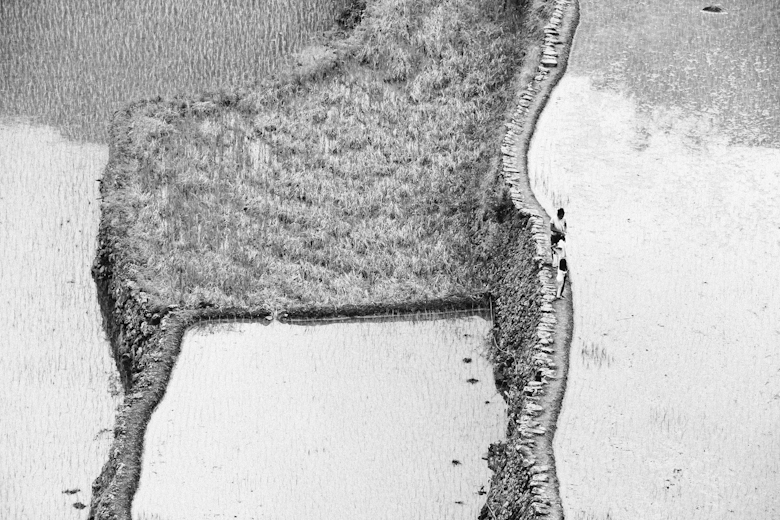
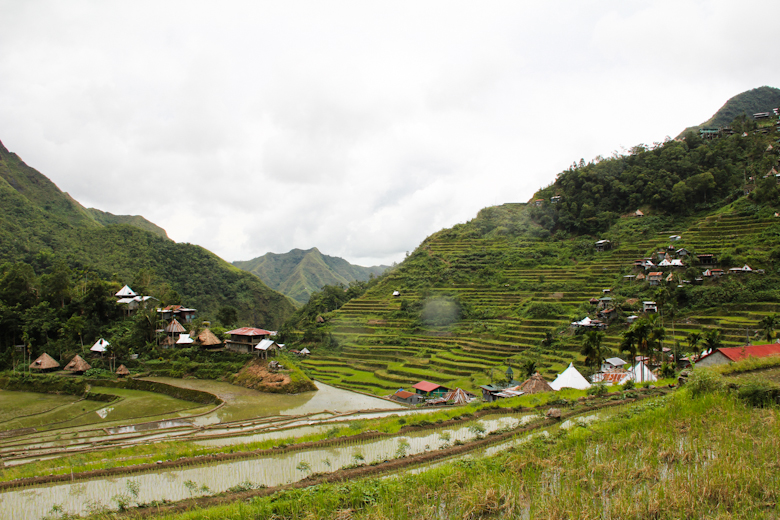
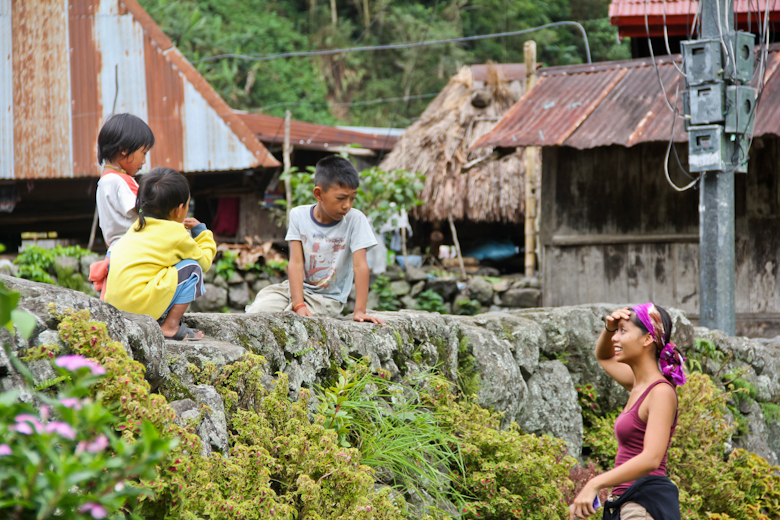
The local kids asking me for money to buy candy. Next time I come I’ll bring some treats (pasalubong) to hand out to the locals.

The locals chewed “moma” which consisted of betel nut, leaves from an ivy that grew on palm trees, limestone paste, and tobacco. (We were pretty familiar with this red spit, which they also chewed in Palau)
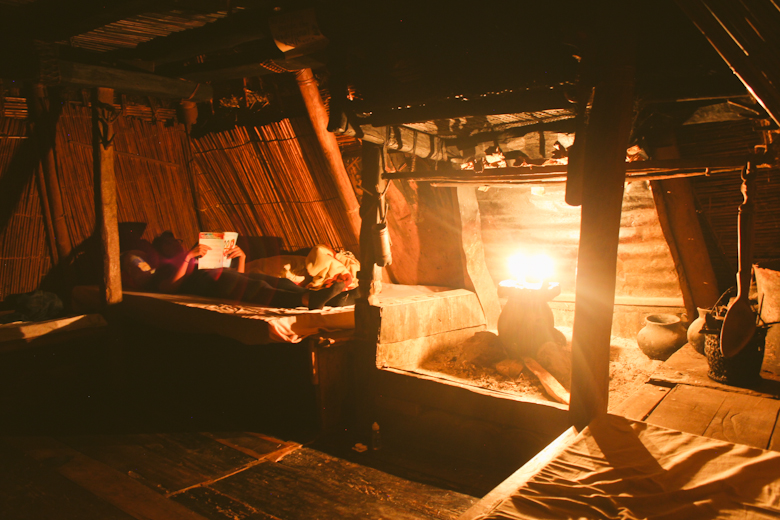
Night by candlelight inside our hut
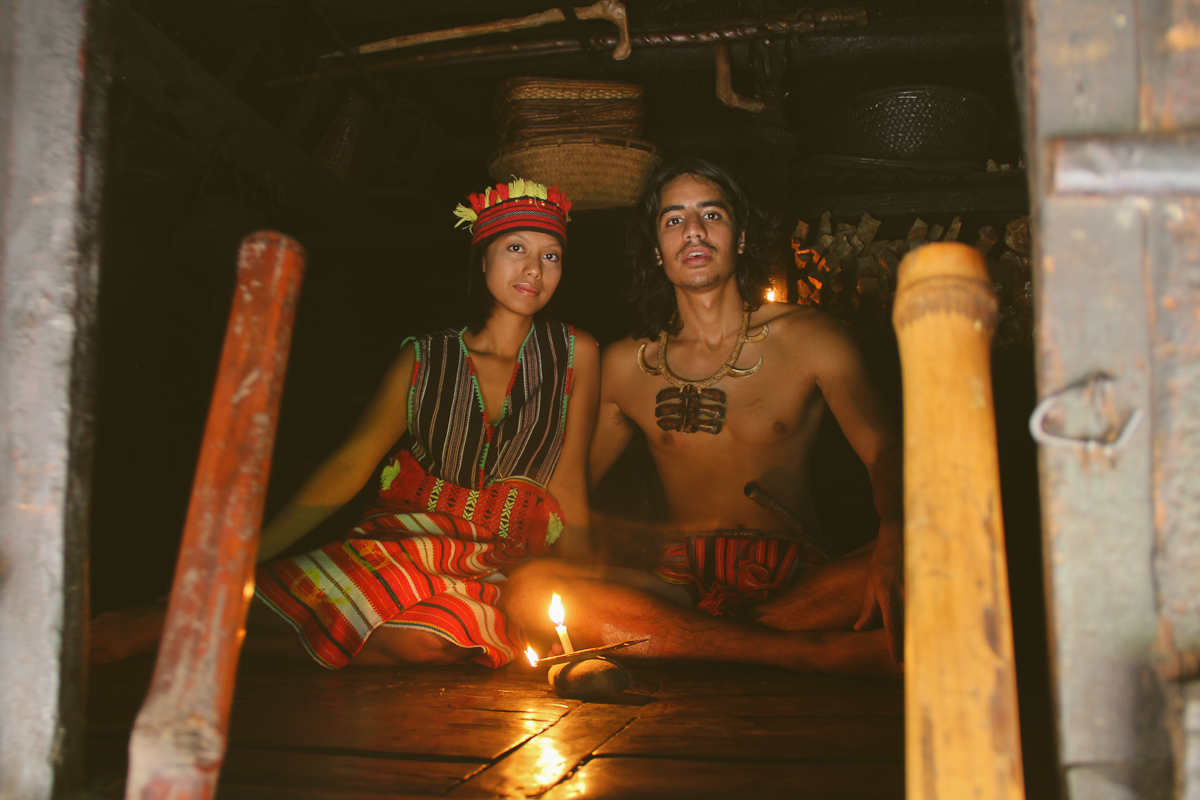
This photo was taken by Ramon inside the hut he was born in. We wore native Ifugao tribal wear which are still weaved to this day by the women in the village. We met a lady named Christina who’s mother spends her days weaving these garments. They had such beautiful handiwork from blankets to clothing, but we ended up with a belt and headpiece instead, much lighter to pack!
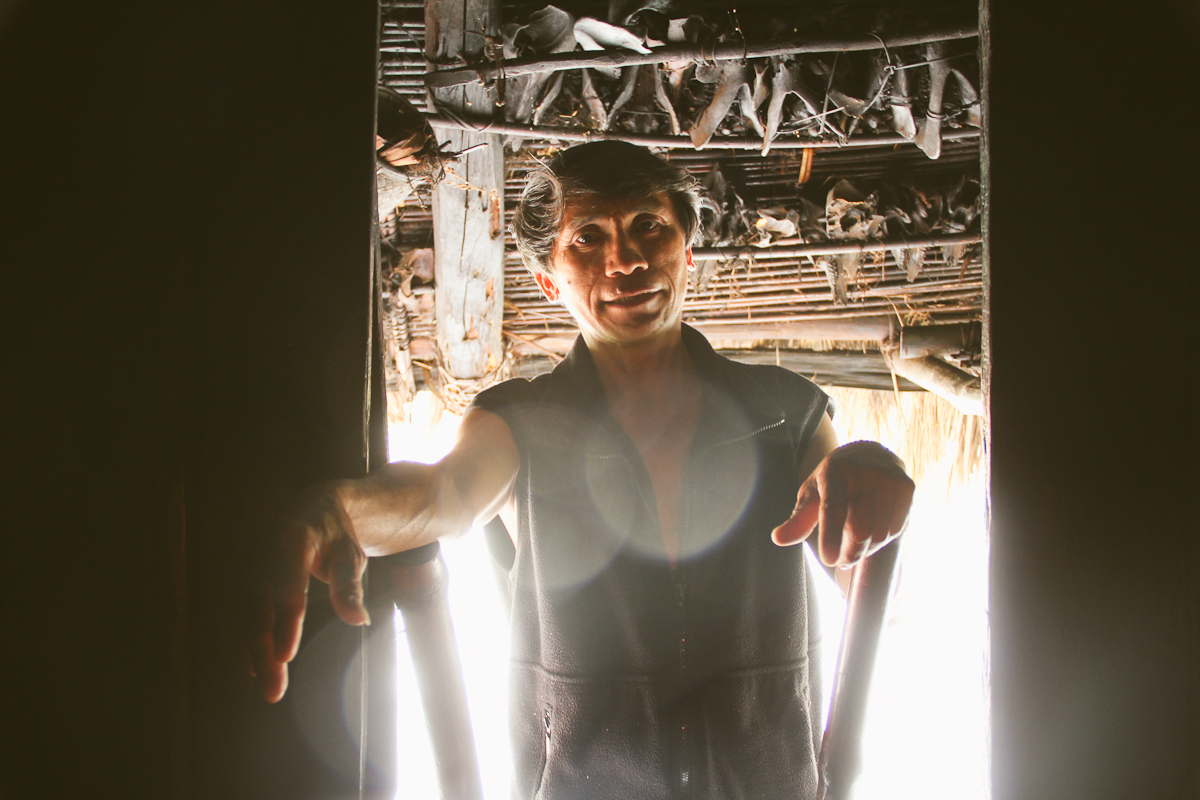
This was Ramon– Please meet him if you can! Whether you’re staying here or just passing through!
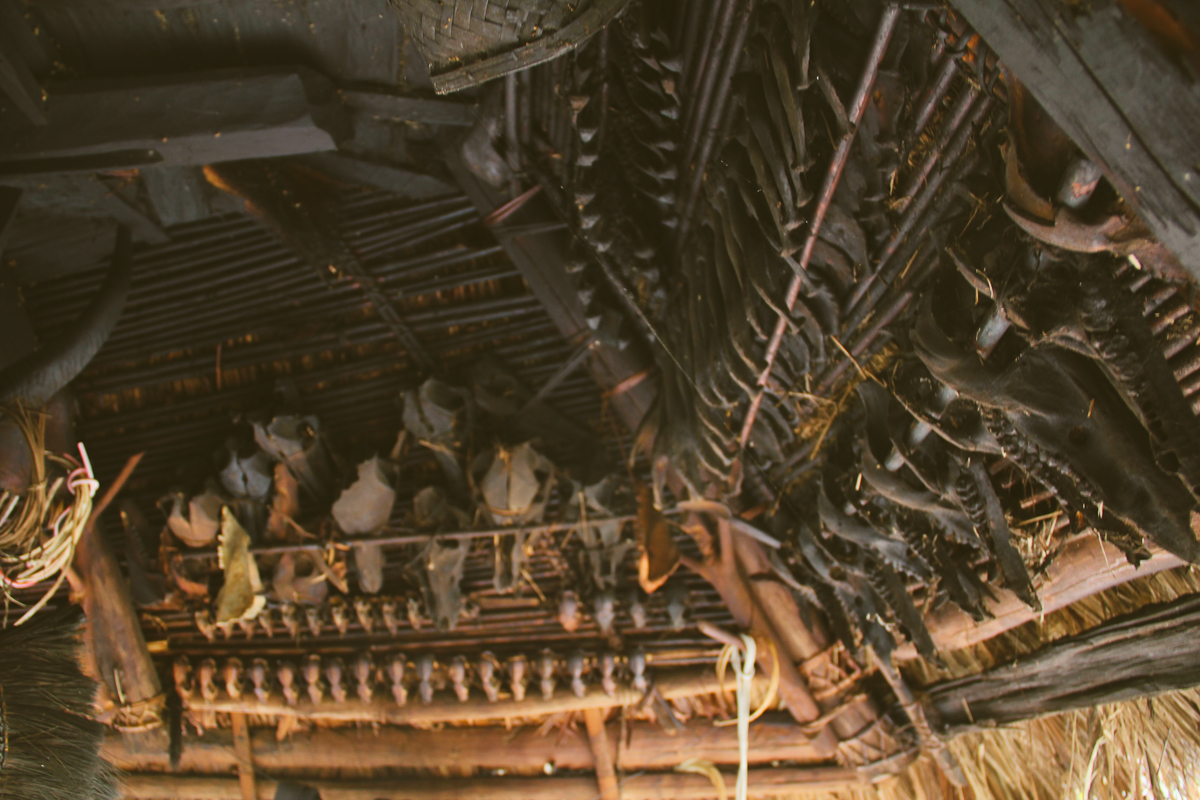
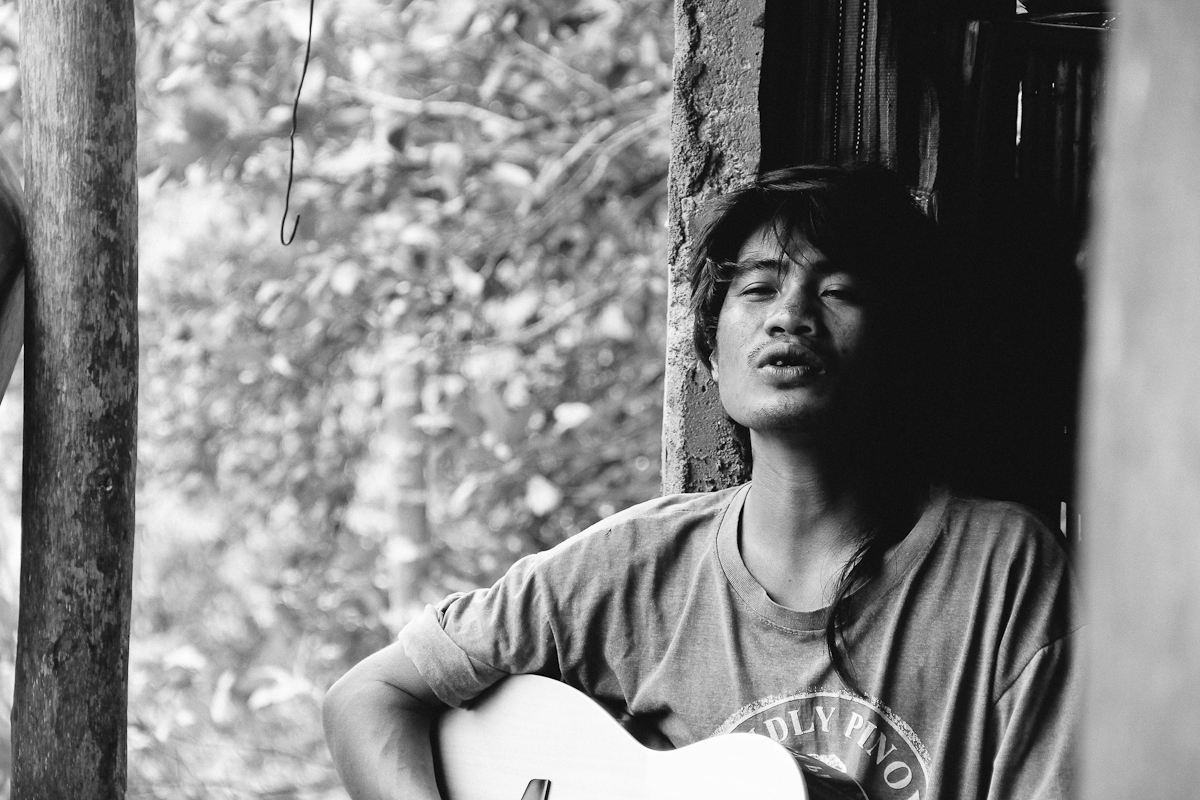
This was a local named Ubert, he also got drunk and tried to kiss me while Aaron was taking a photo of the two of us– haha!
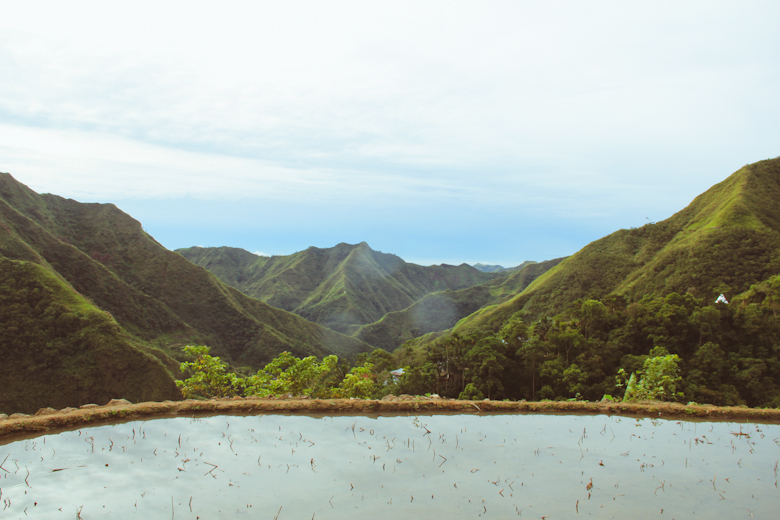
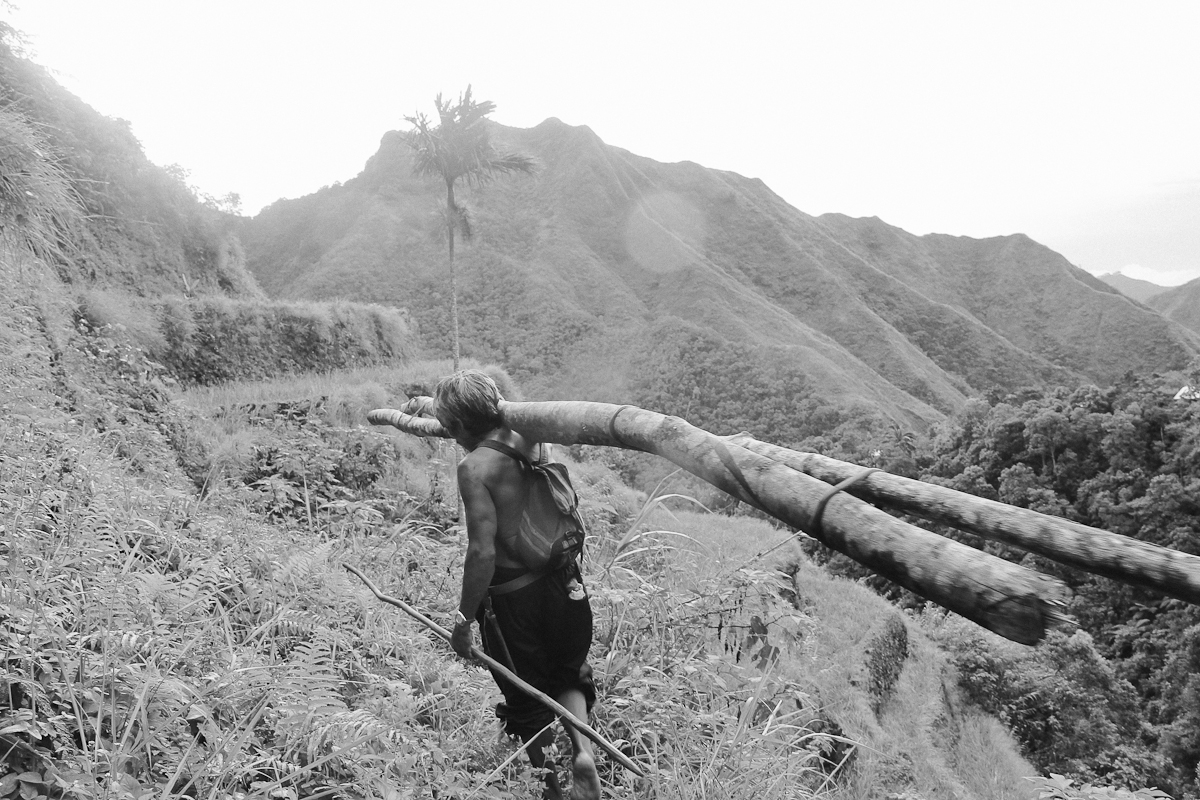
In my hiking boots and walking stick, I still had to be very cautious with my footing along the rice terraces’ narrow ledges. The locals have got it down, just skipping along with heavy cargo (bamboo) and barefooted!
What to expect from Banaue to Batad:
From Banaue to Batad was about a 45 minute jeep ride. Try to find other passengers and tourists to share a jeep with, that way you can split the cost of 2,000 pesos. (We didn’t find anyone and ended up talking the driver down to 1,000P) They also offer tricycle rides up to Batad- but many parts of the road required a 4-wheel jeep specially during the rainy season. The walk from the junction took about an hour depending on your pace. We walked slowly, took lots of pictures, and wandered around. There were guides up at the top offering to guide you for about 800-1200 pesos. We were able to find it without a guide by just following the trail, but hiring a guide really helps the community since its one of their main sources of income. Lots and lots of stairs, mainly all downhill on your way to Batad. If you prefer not to walk the stairs, there’s also an option to take the “long way” which wasn’t much longer.
Once in Batad:
Once you arrive in Batad you will be required to sign in and pay a cultural fee. Here you will be greeted by locals for hire as guides and masseuses. Hikes around Batad was incredible. Many of it is through rice terraces, some ledges felt like a balancing act with a narrow 10 inch leeway into a steep fall. Hiking to the waterfall required passing through the main village and many many more stairs up and down to a massively strong waterfall between the valleys. A bit chilly but refreshing after a hike. After we came back the locals didn’t hold back telling us death stories of those who lost to the waterfall. Apparently, swimming right under a waterfall has a strong undercurrent that only strong swimmers can get out of.
What to expect from the people:
Very friendly, and don’t really like to get their pictures taken. Just as common courtesy be sure to ask first, many times they will agree if you give them some pesos. The photo above with Aaron and the older short man, he asked for some money in order to buy his tobacco in trade for a photo! haha They all seem to speak English very very well. Everyone I met was trilingual, speaking their native language Ilocano (spelled ILOKANO in Philippines), Tagalog, and English.
Leaving Batad:
We always had to be aware of time before we left for hikes because it gets dark around 6 or 7 and we didn’t want to have to maneuver on narrow ledges in the dark. On our way back to Banaue we decided to go through Bangaan. There a jeep picked us up around 9:00 am. Jeeps don’t run as often in the slow season so be sure to find out the times they stop at each point. We actually hired a guide for this trek named Eric, the nephew of Ramon who we were staying with, and I’m kind of glad we did. Trails weren’t clearly marked, no signs, and lots of maneuvering through rice terraces.We got a late start in the morning so were were rushing through back trails to make it to the bus stop. It took about a 2-3 hour hike and caught it just in time. The jeep was packed and we rode on top–it was quite an adventurous ride. Ride on the top of the jeepney if you can, miraculous views the whole way. The jeep was so heavy and hit so many potholes that the jeep actually ended up with a flat tire which sent me and Aaron trekking the rest of the was to Batad on foot.
